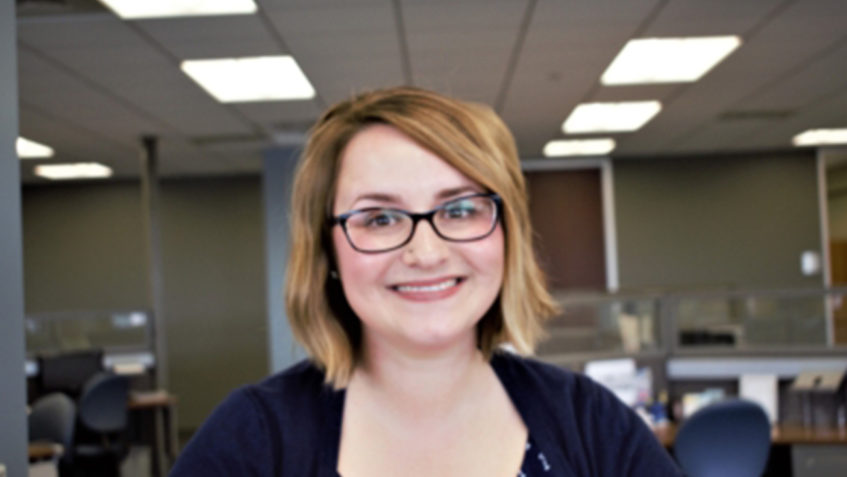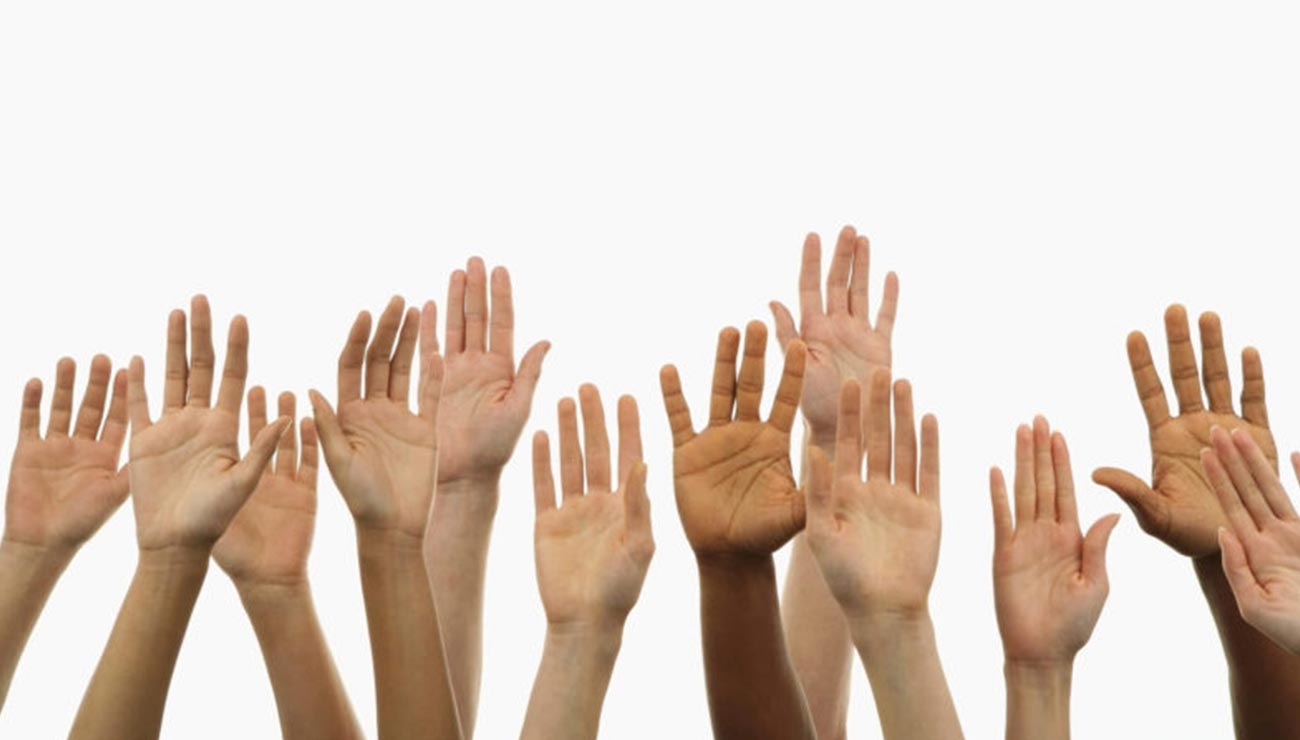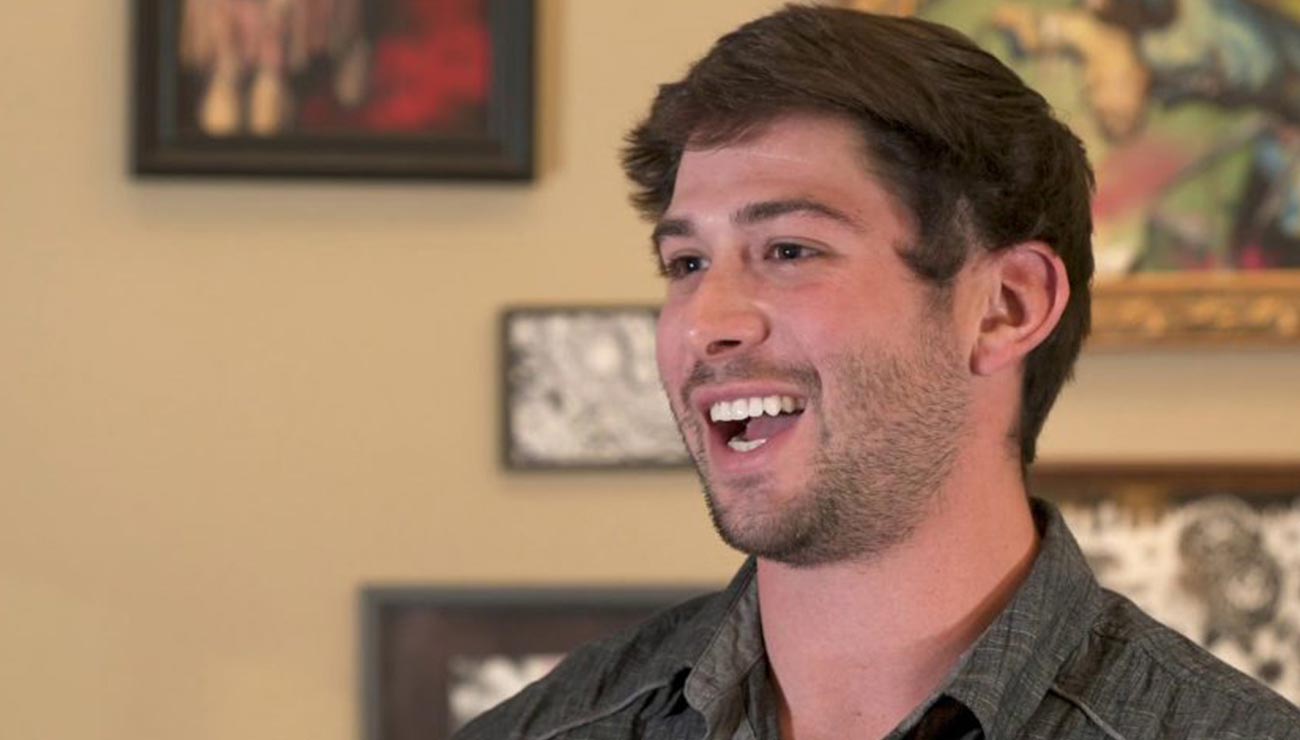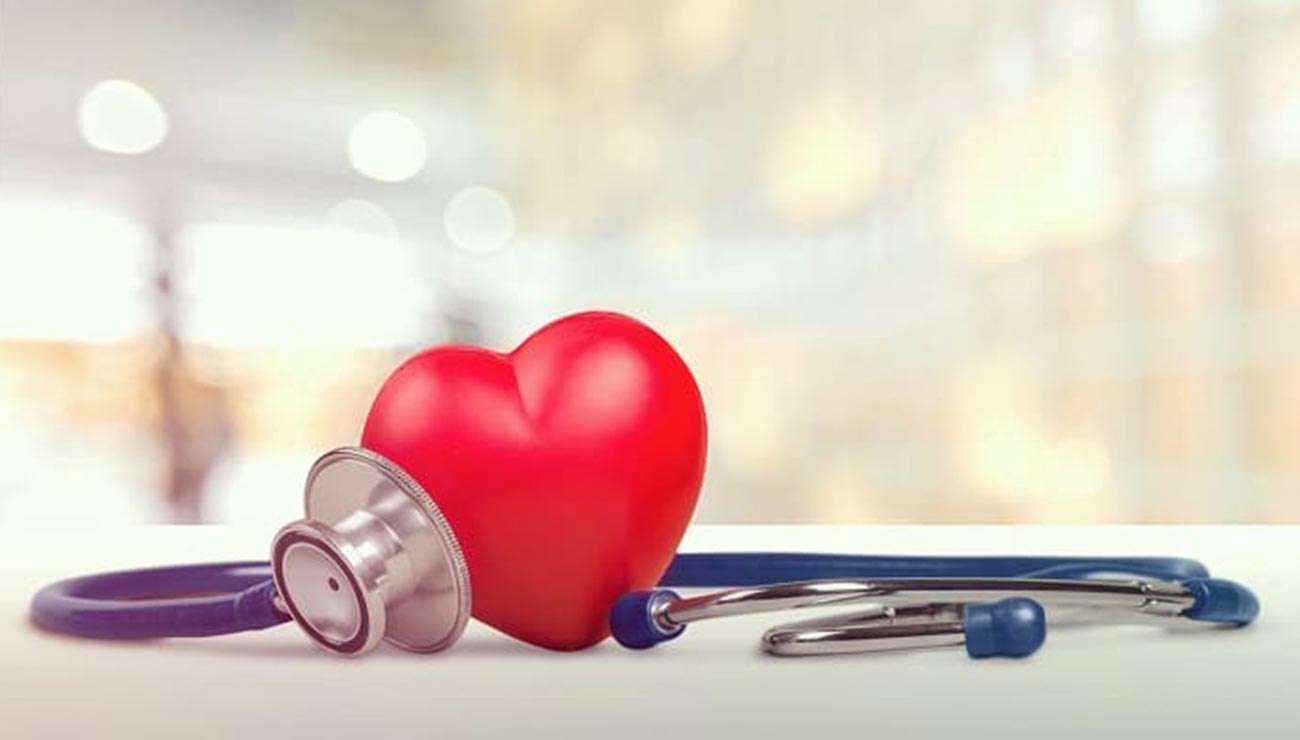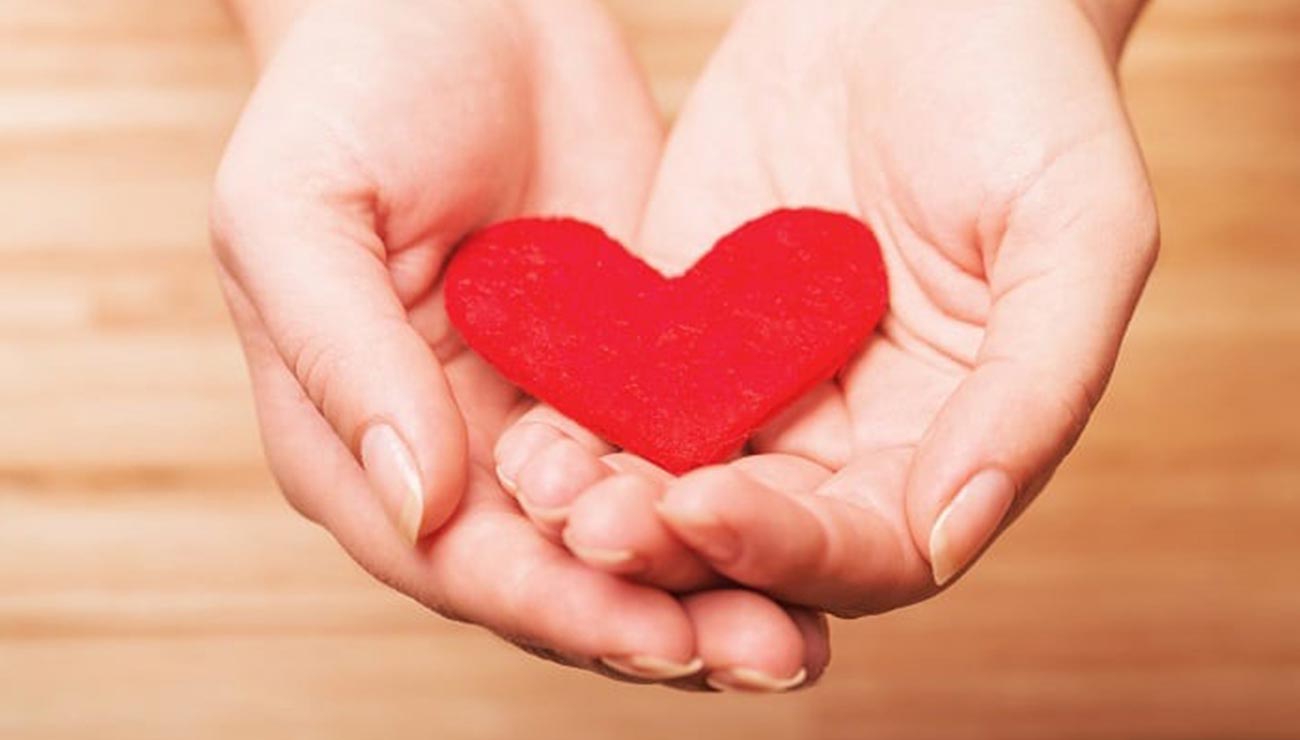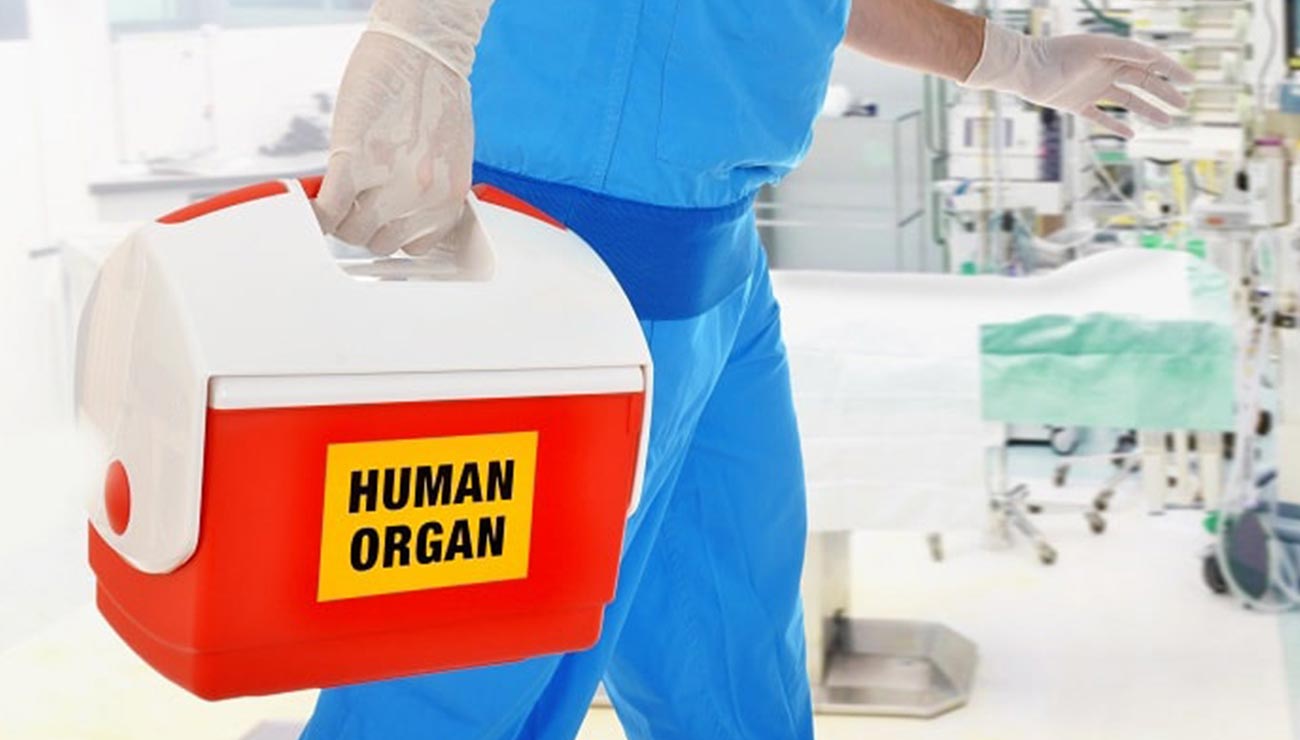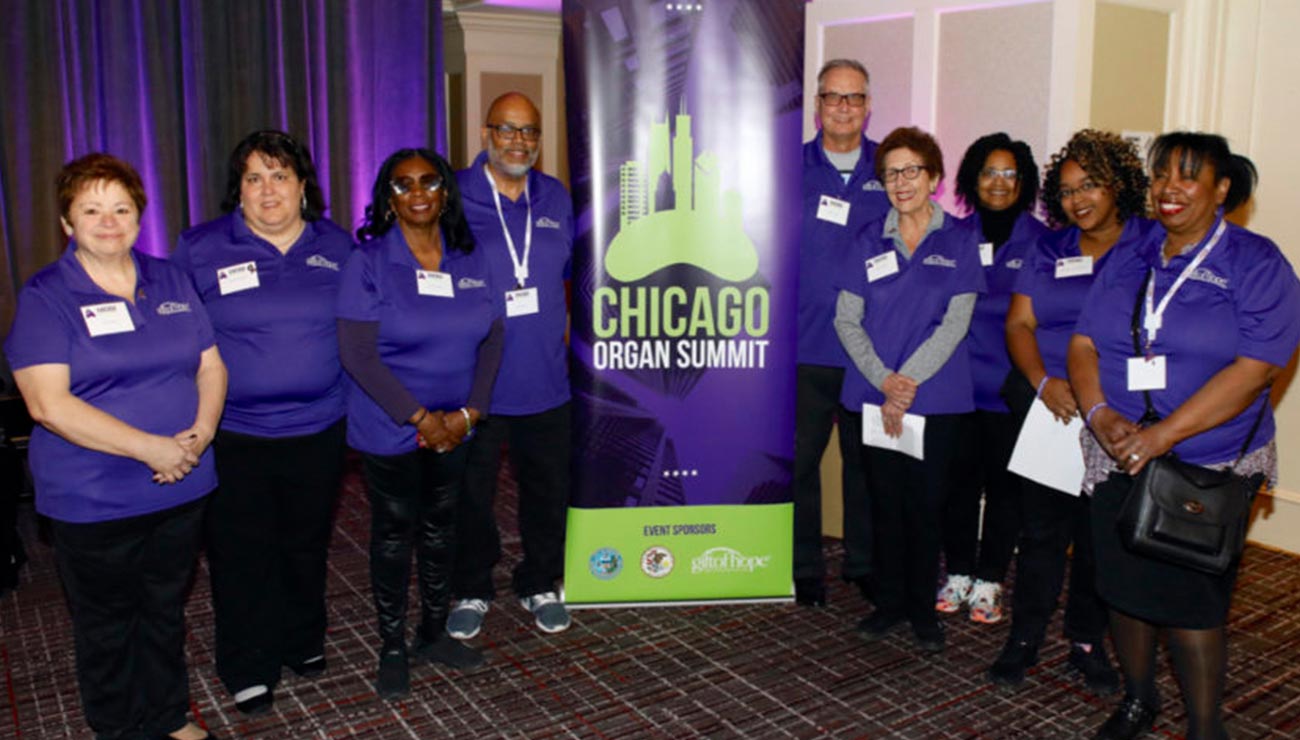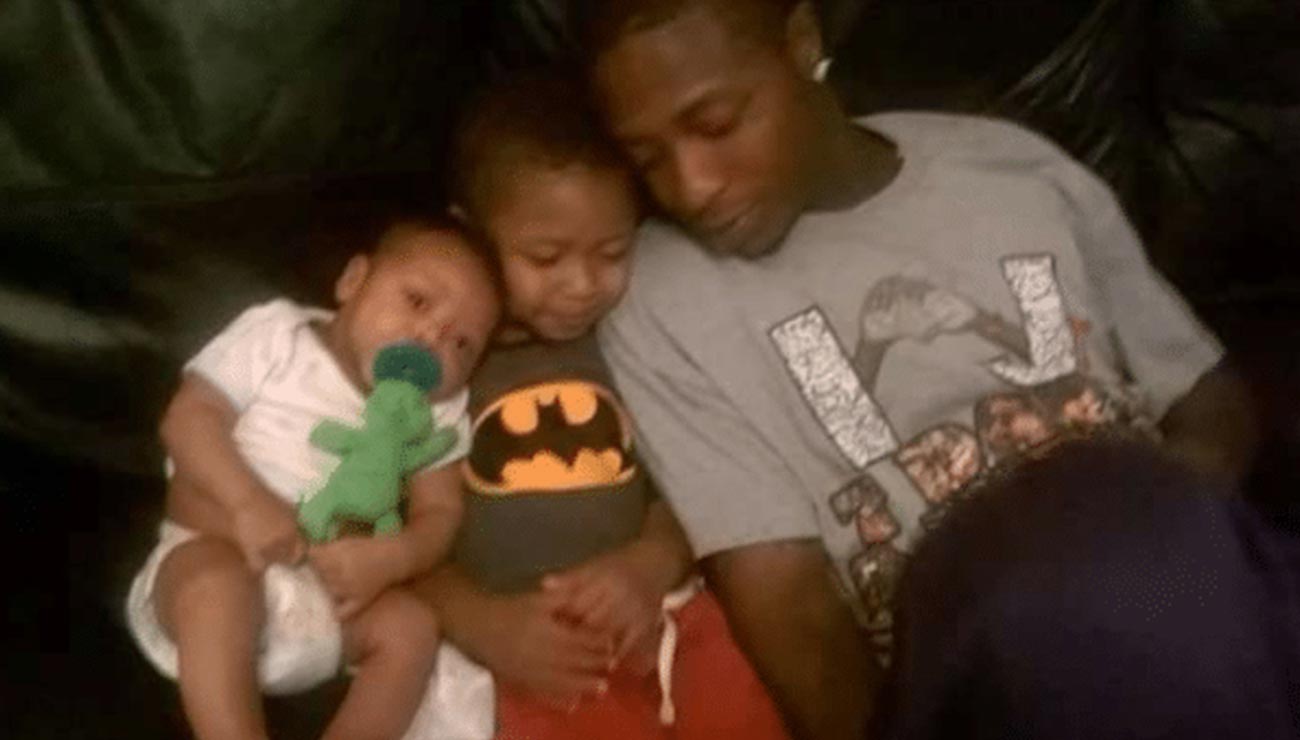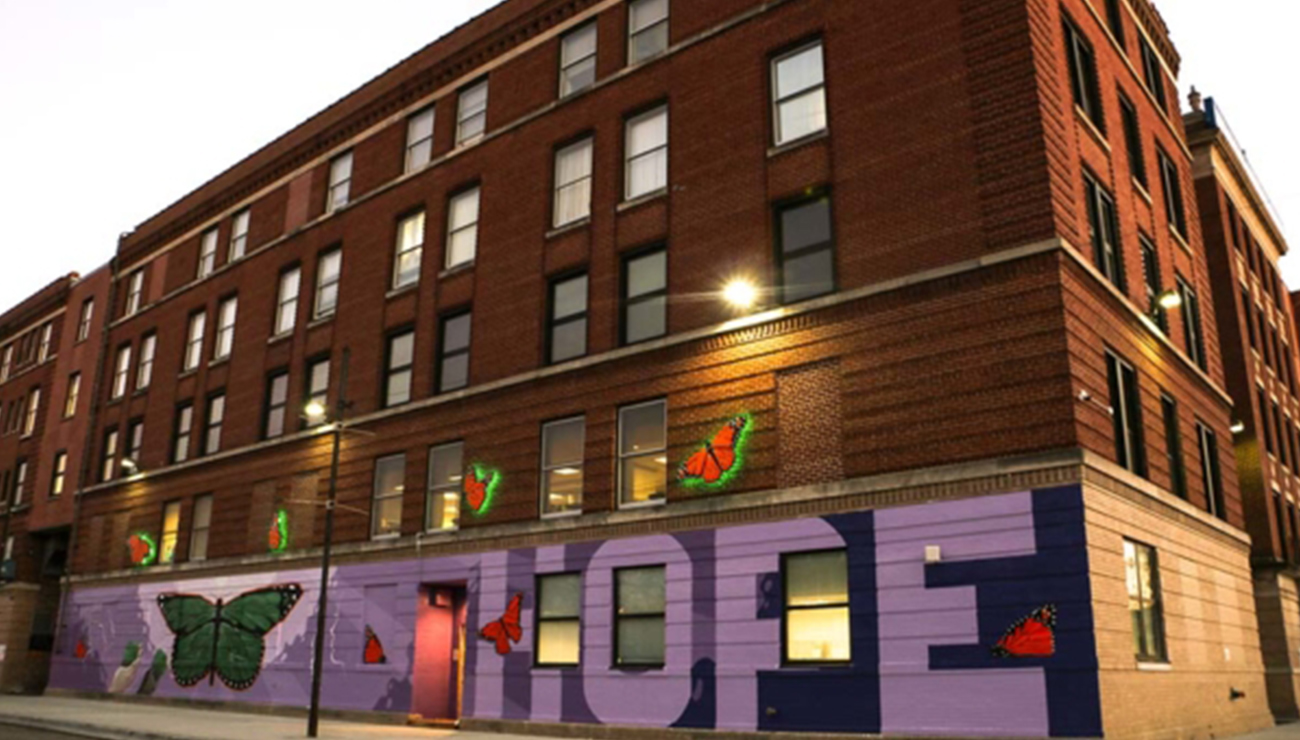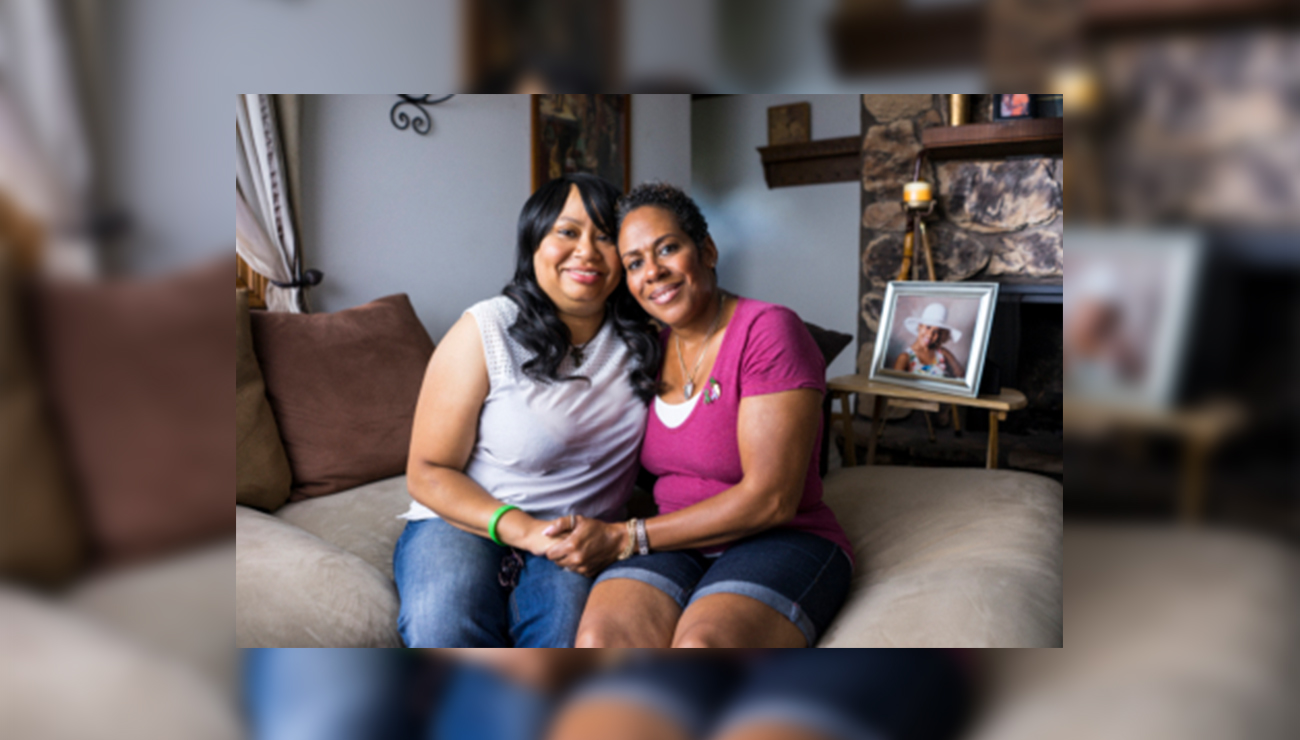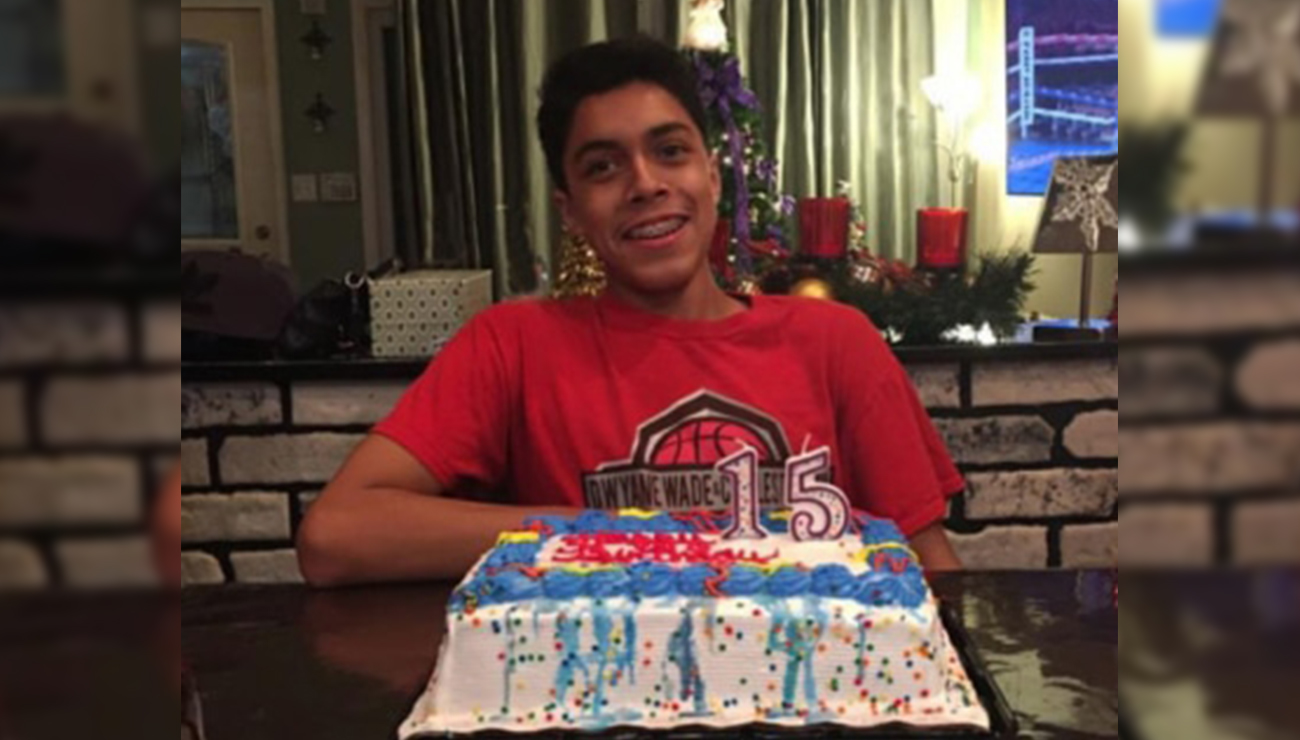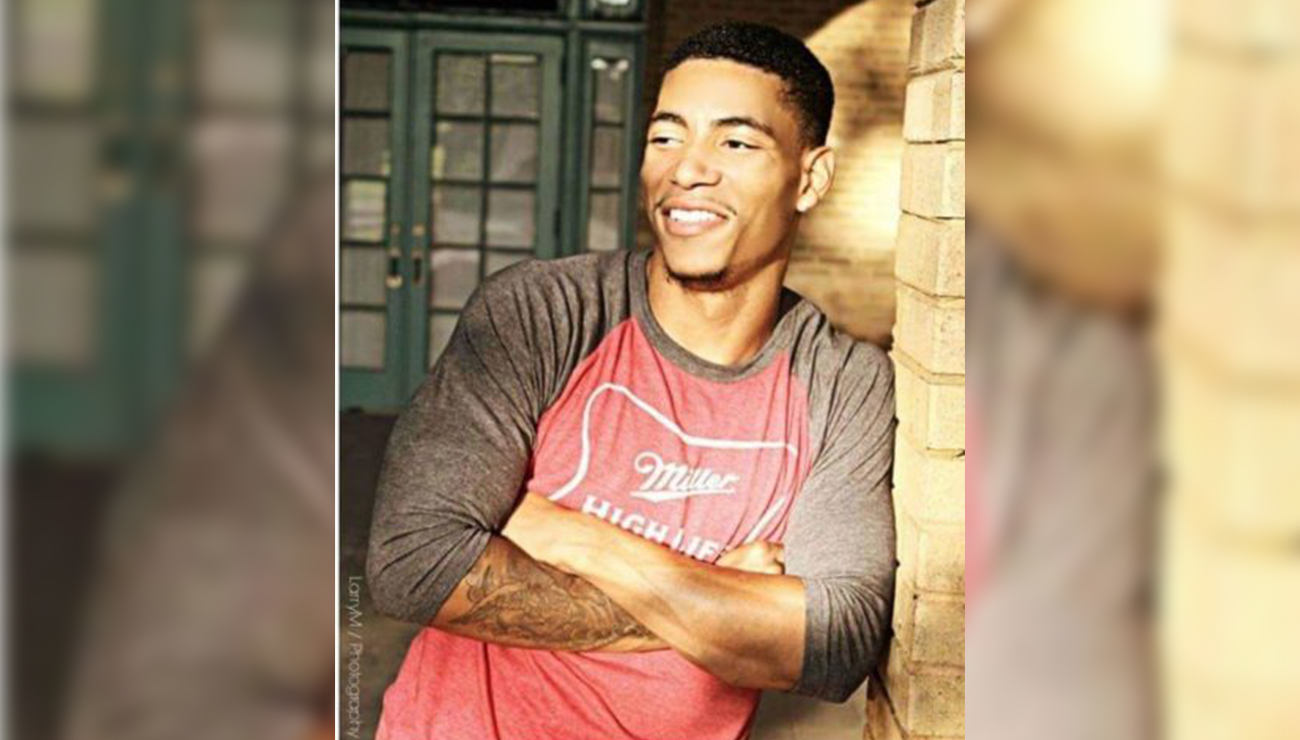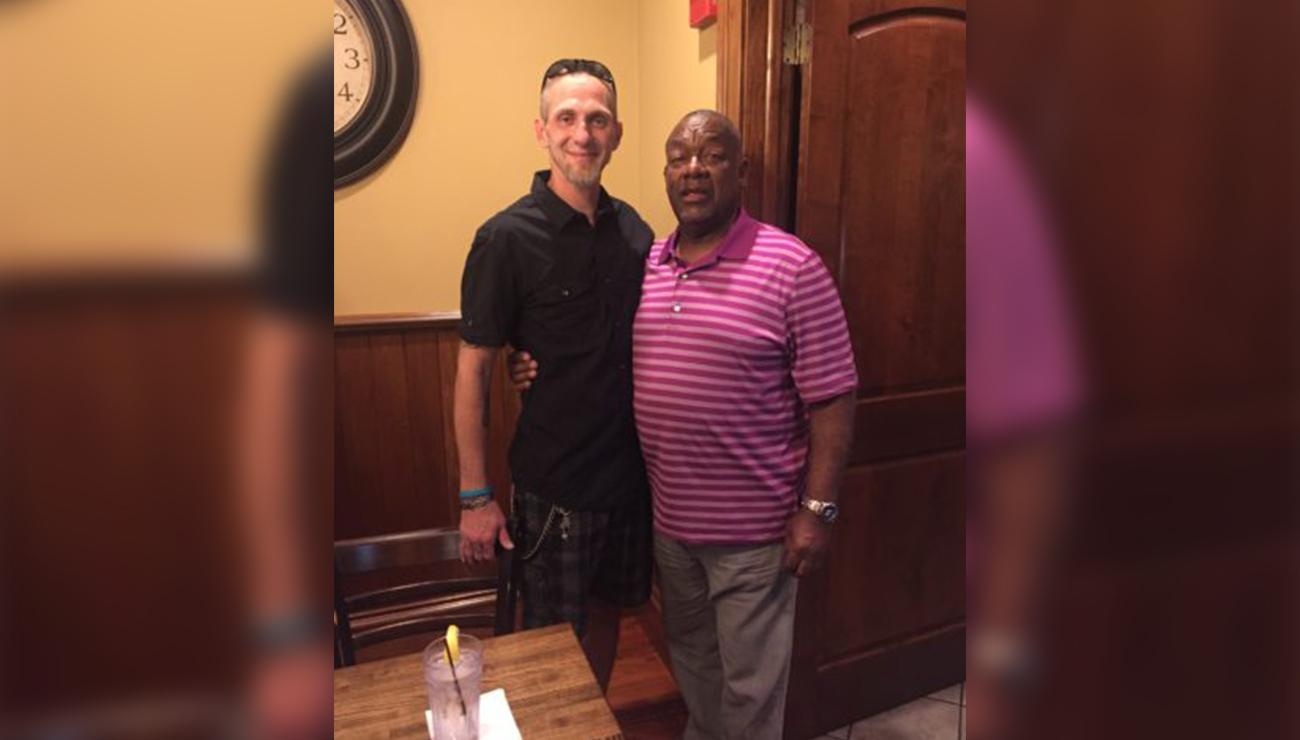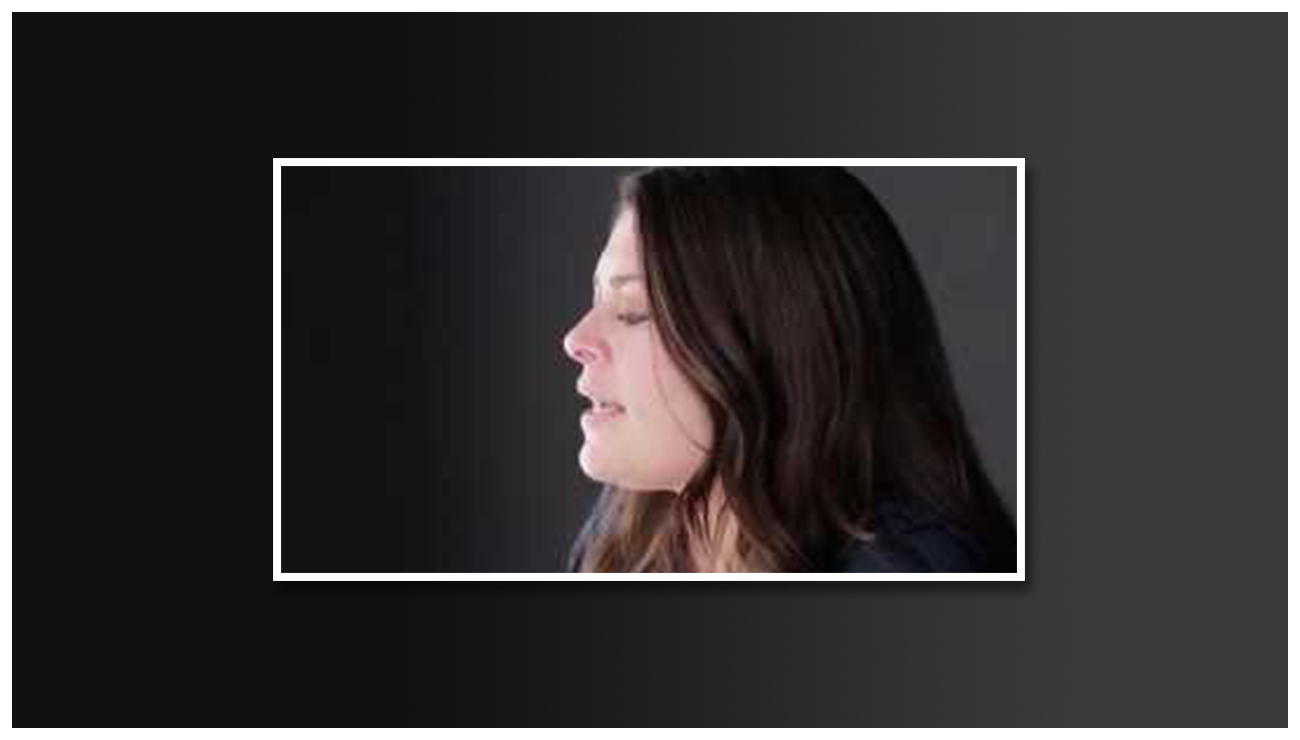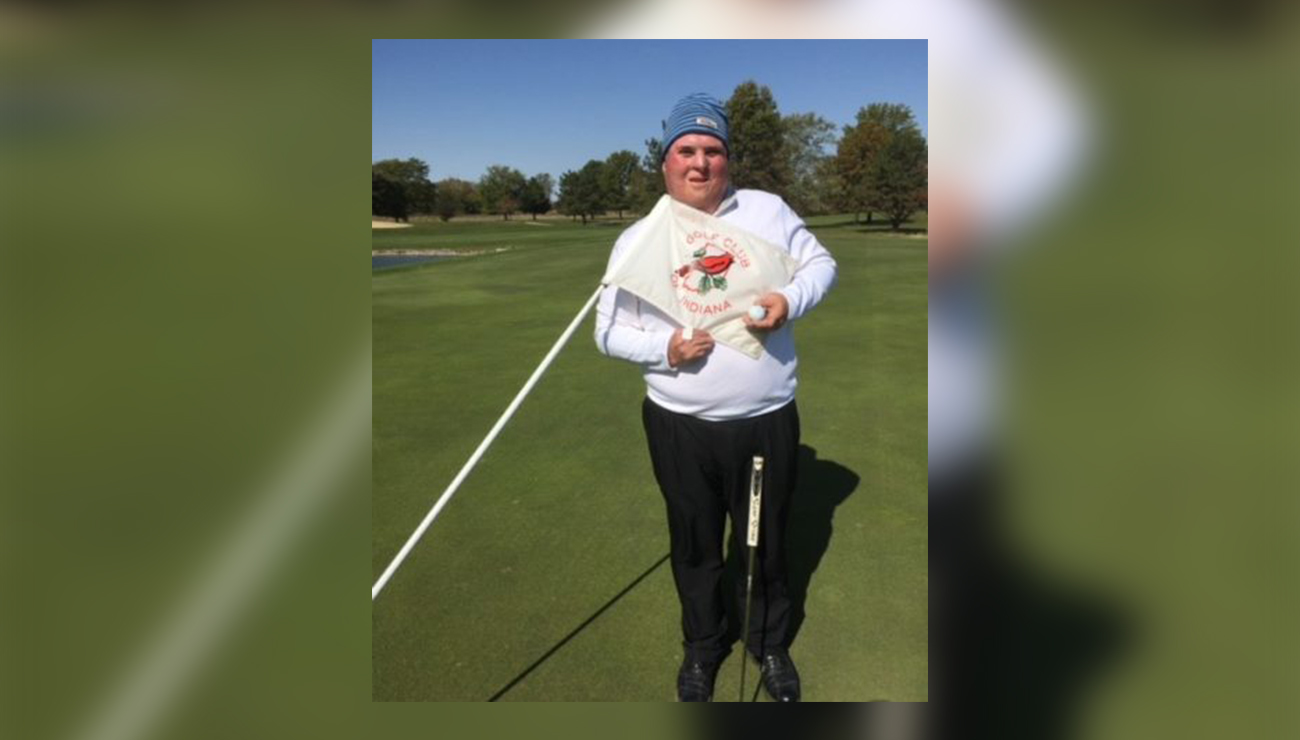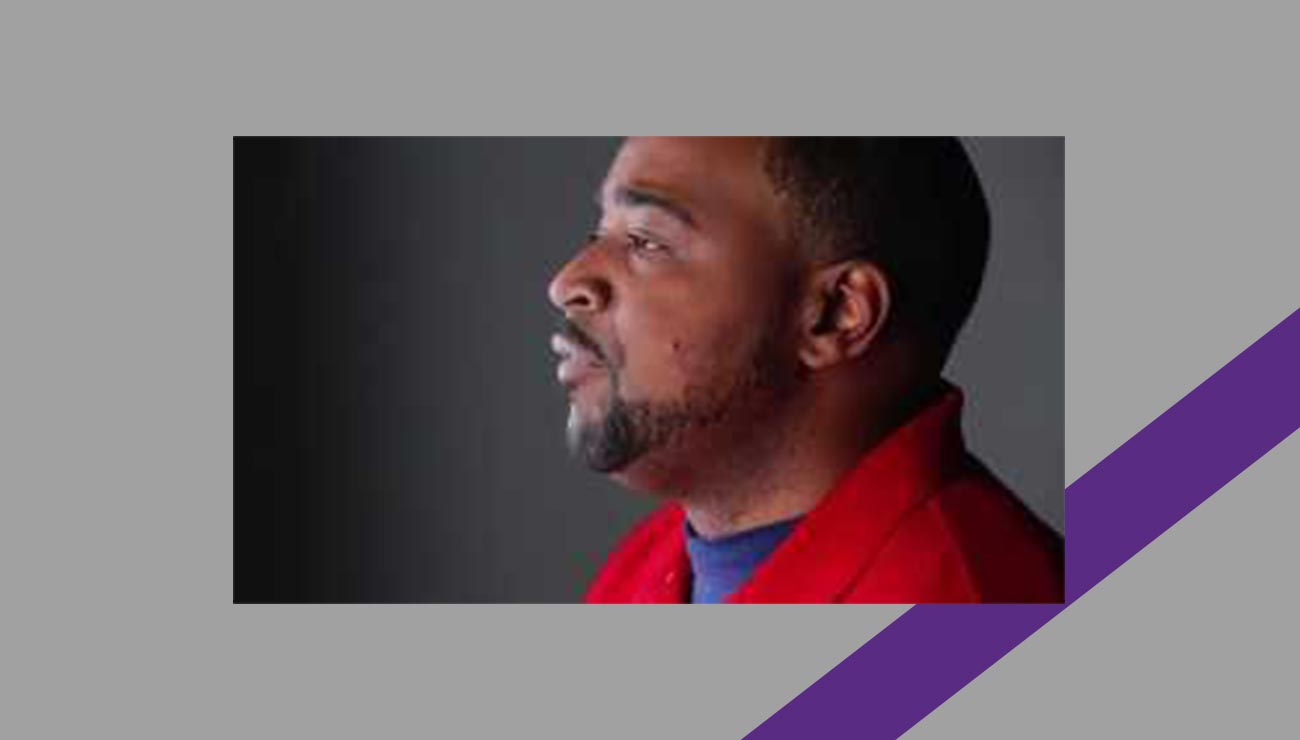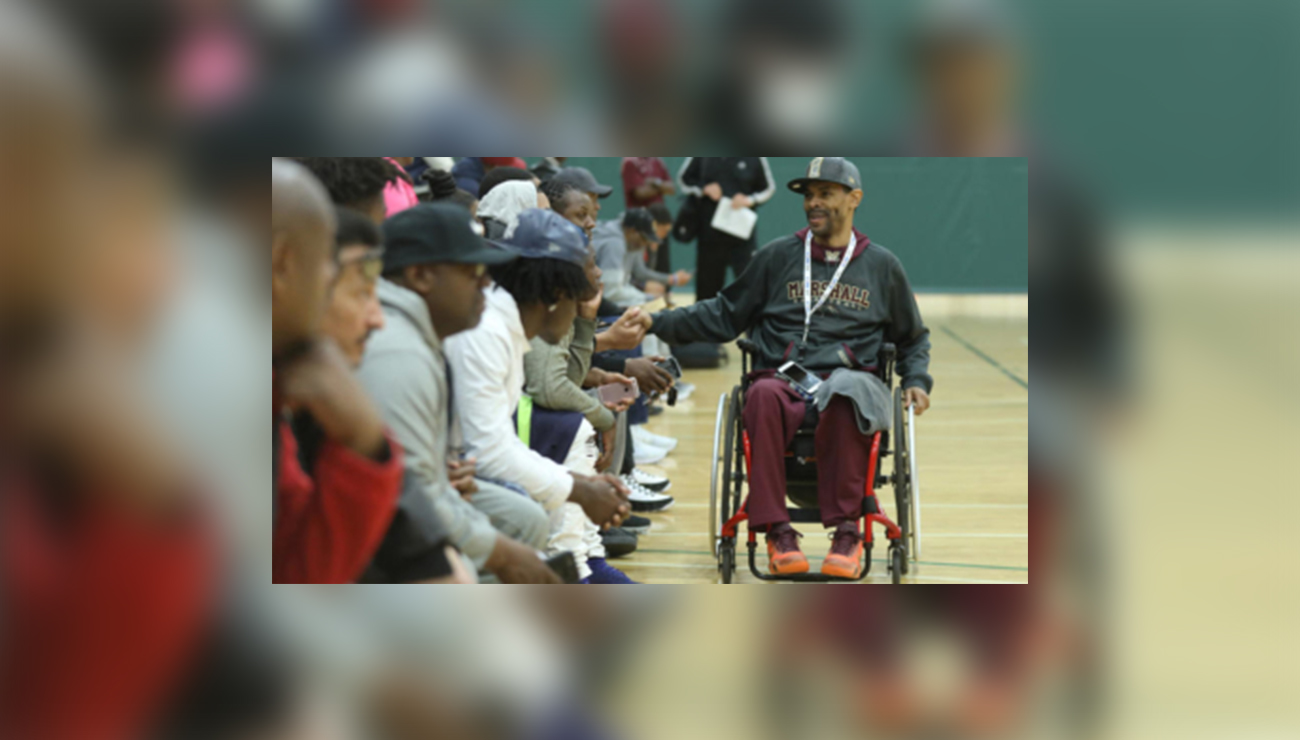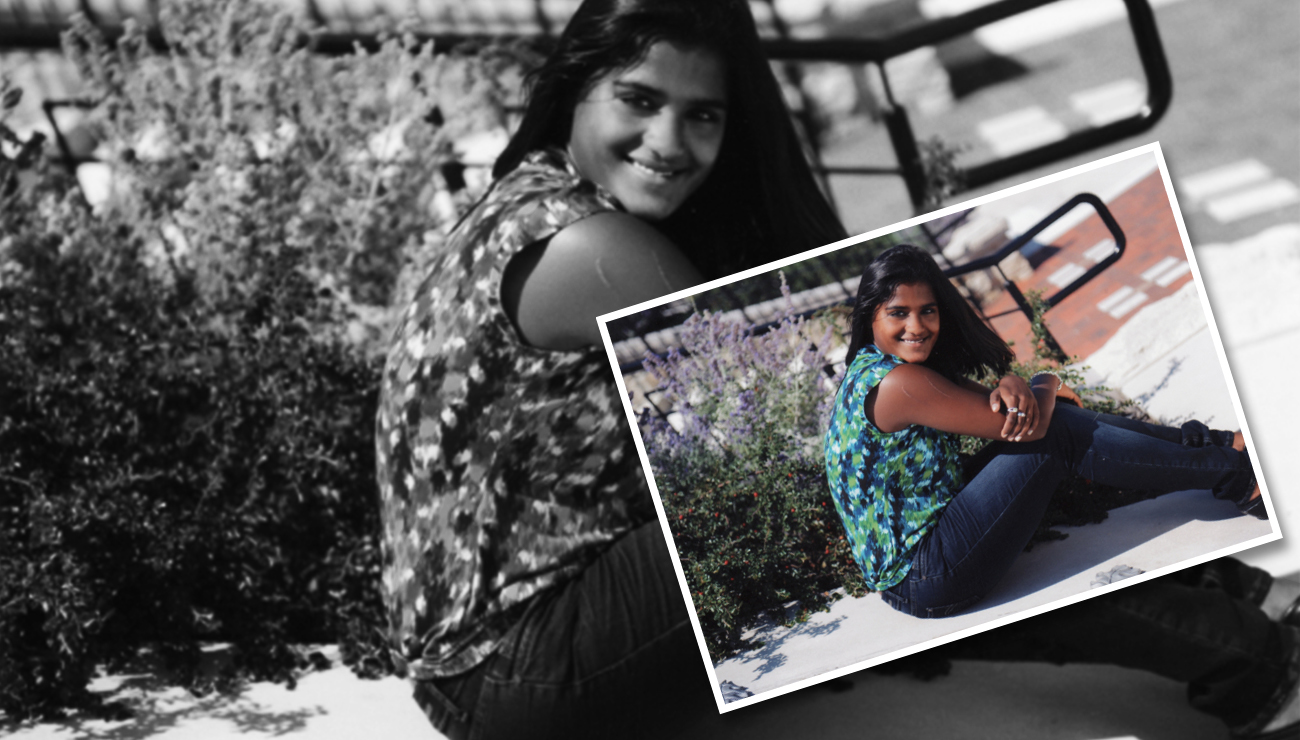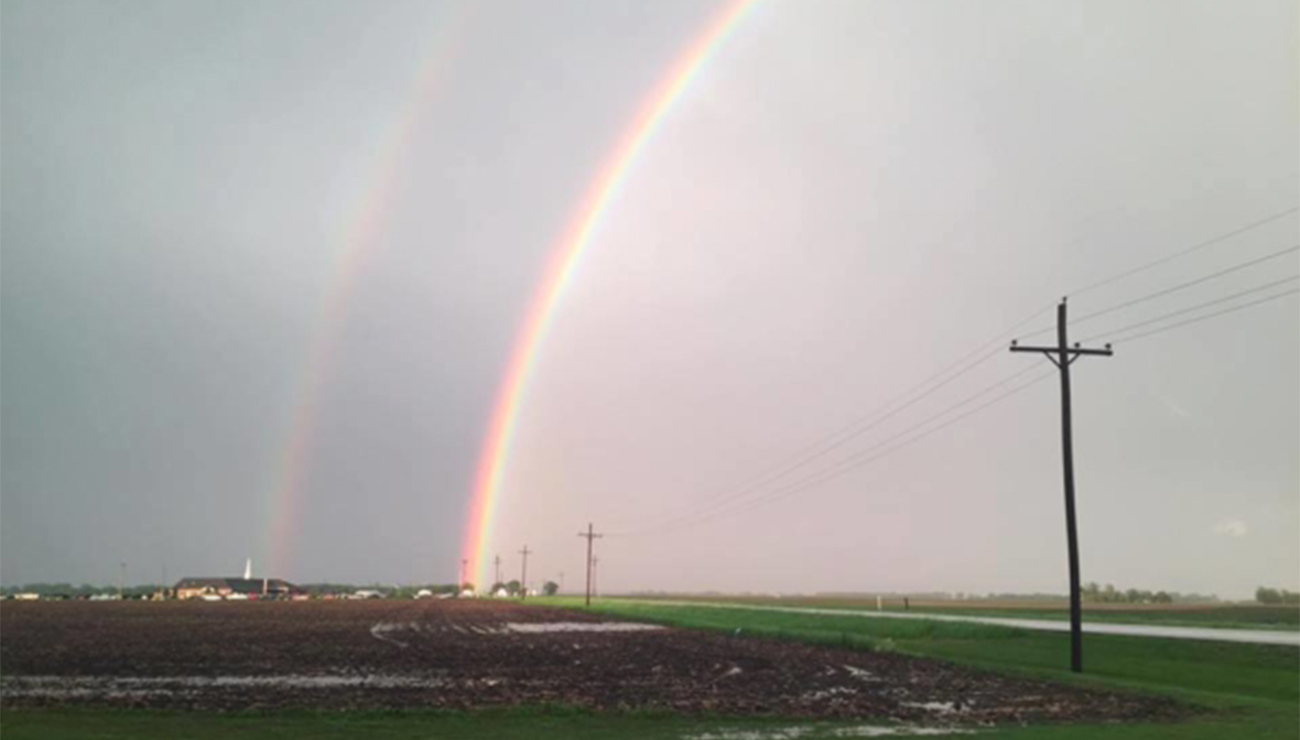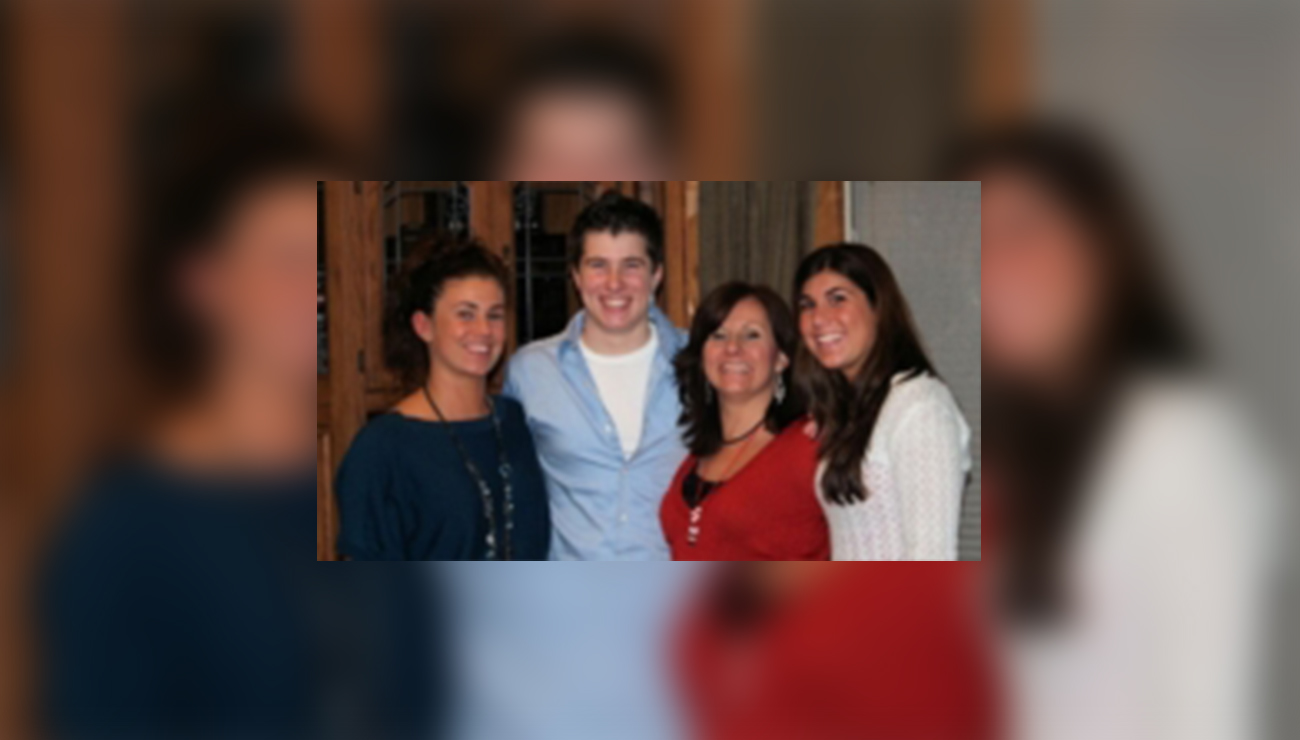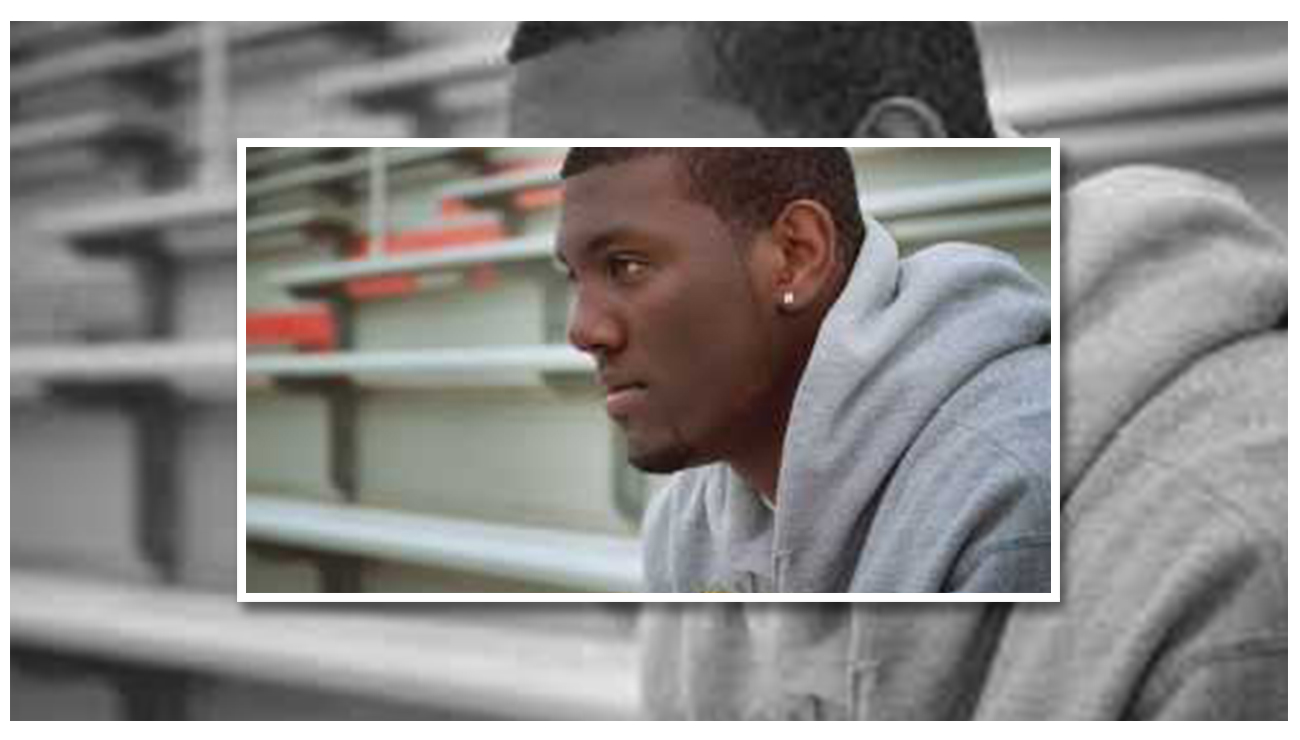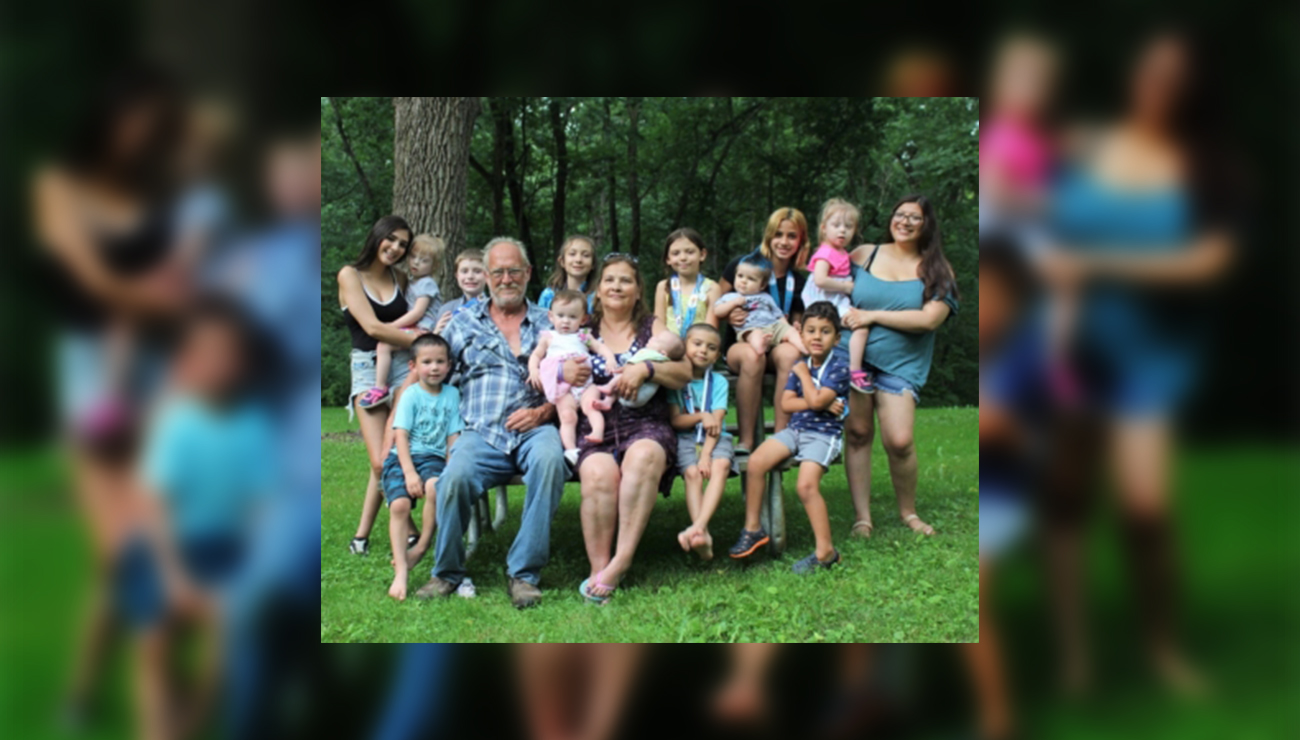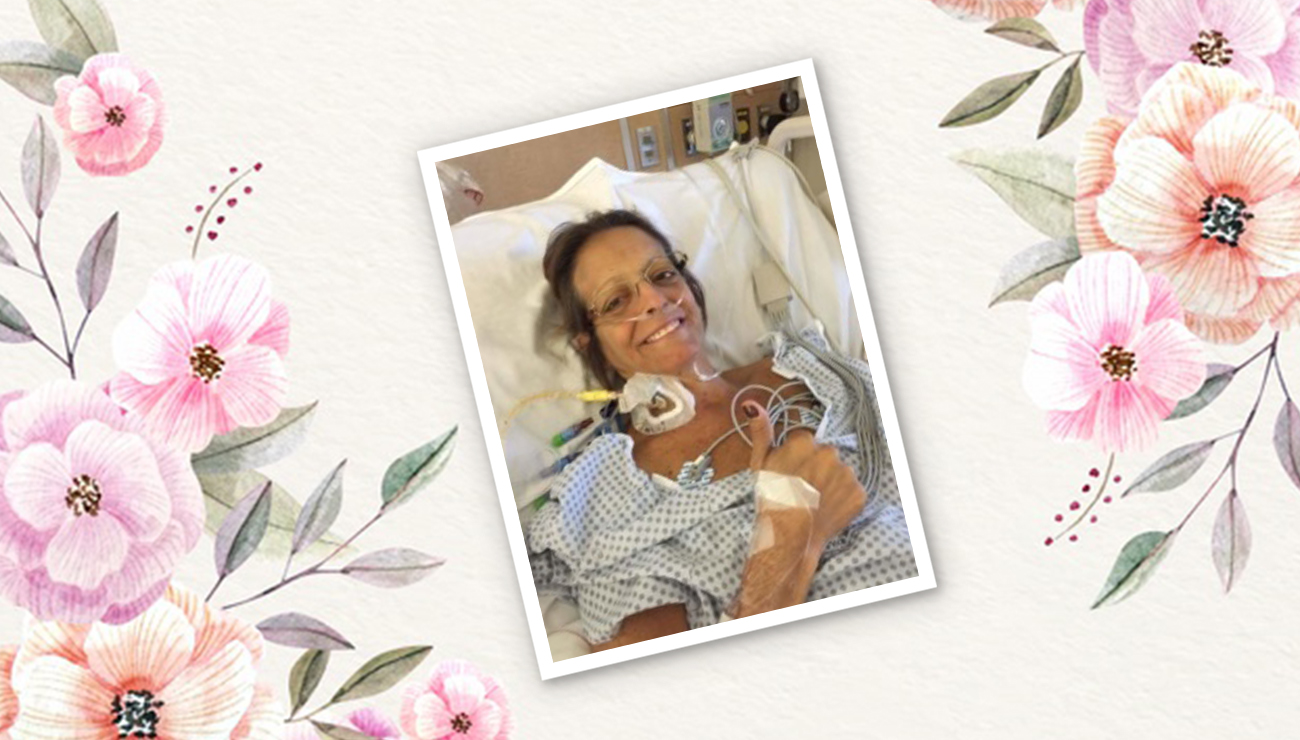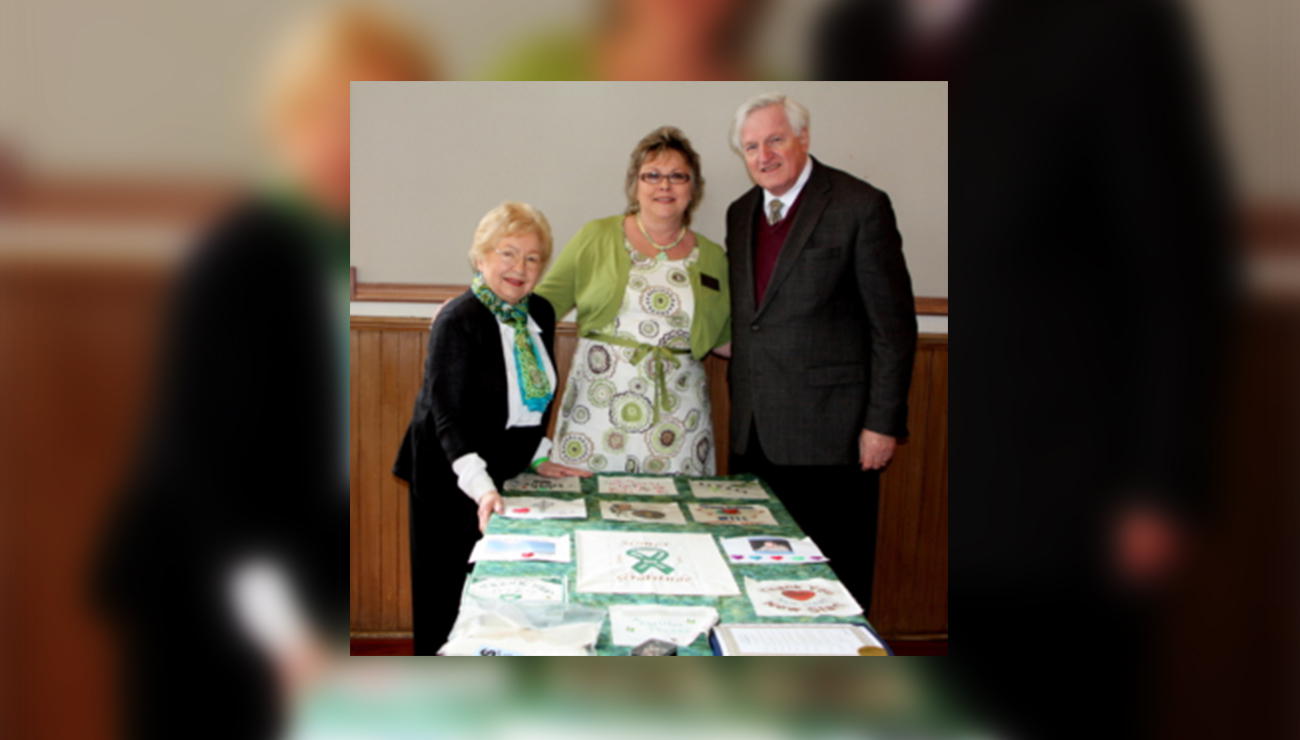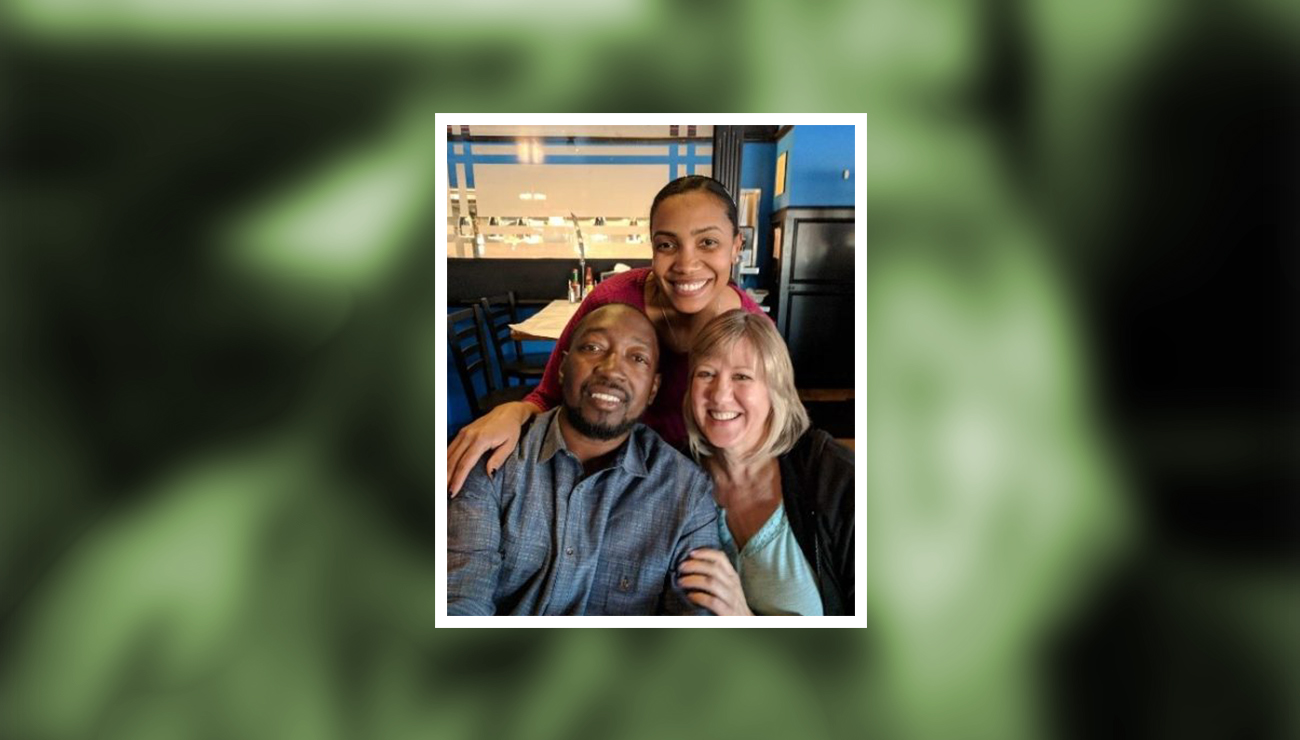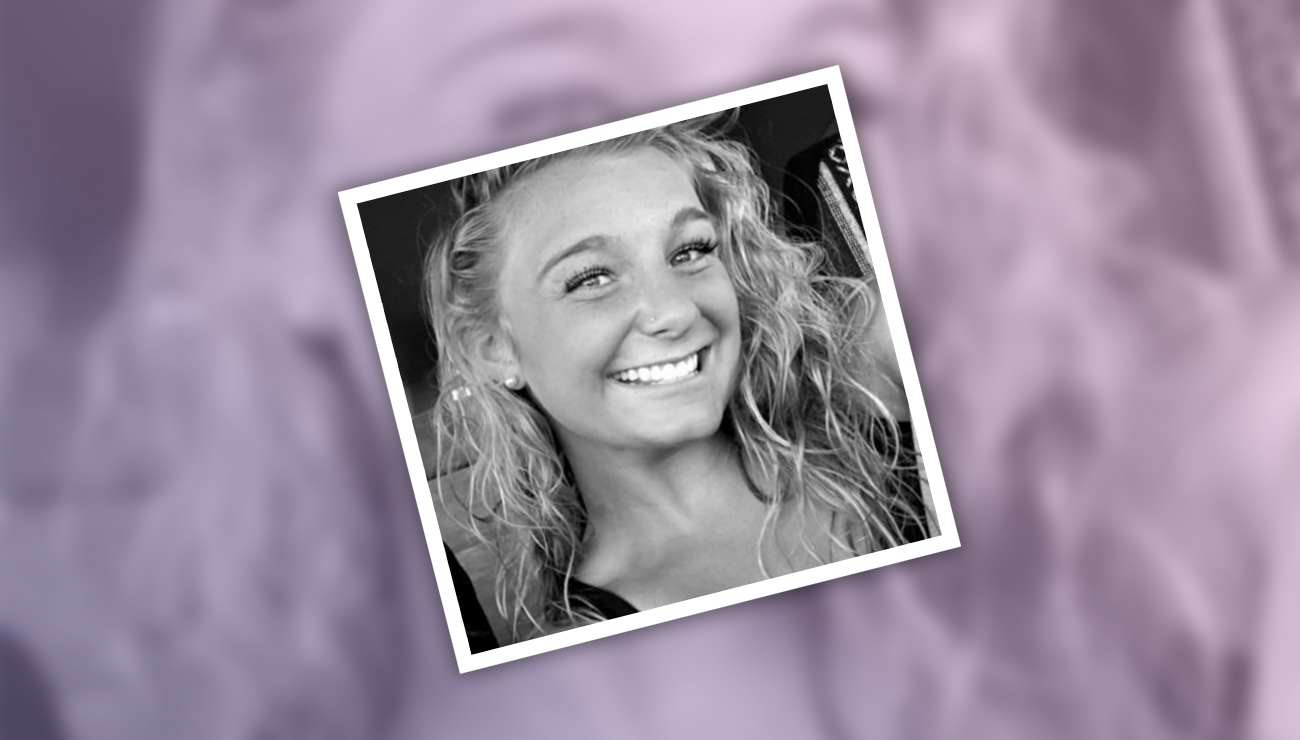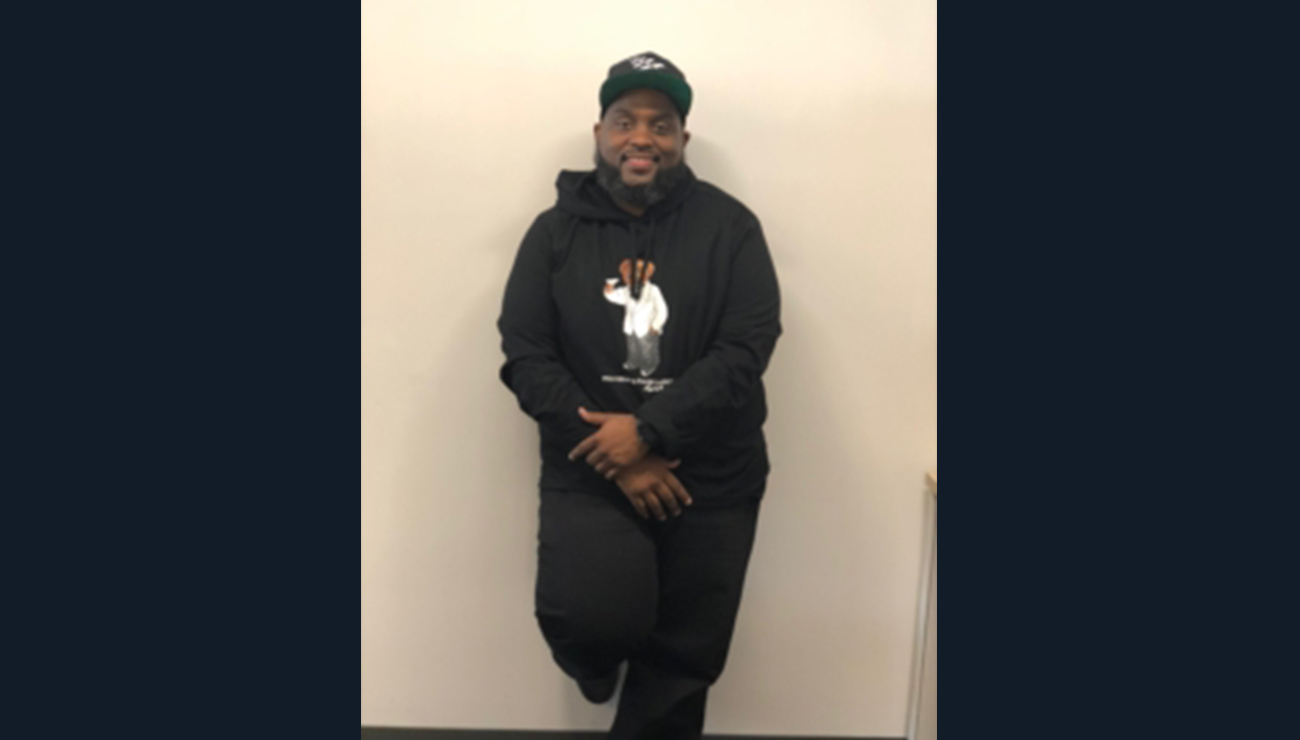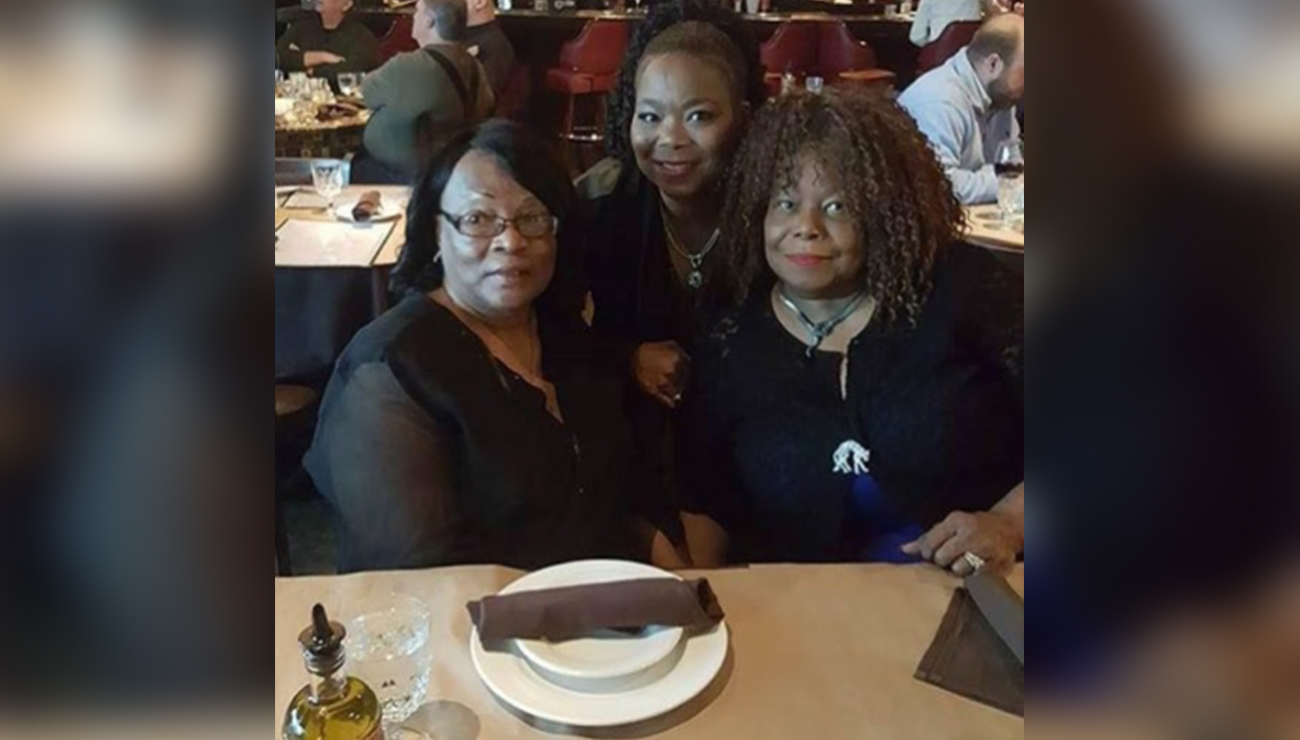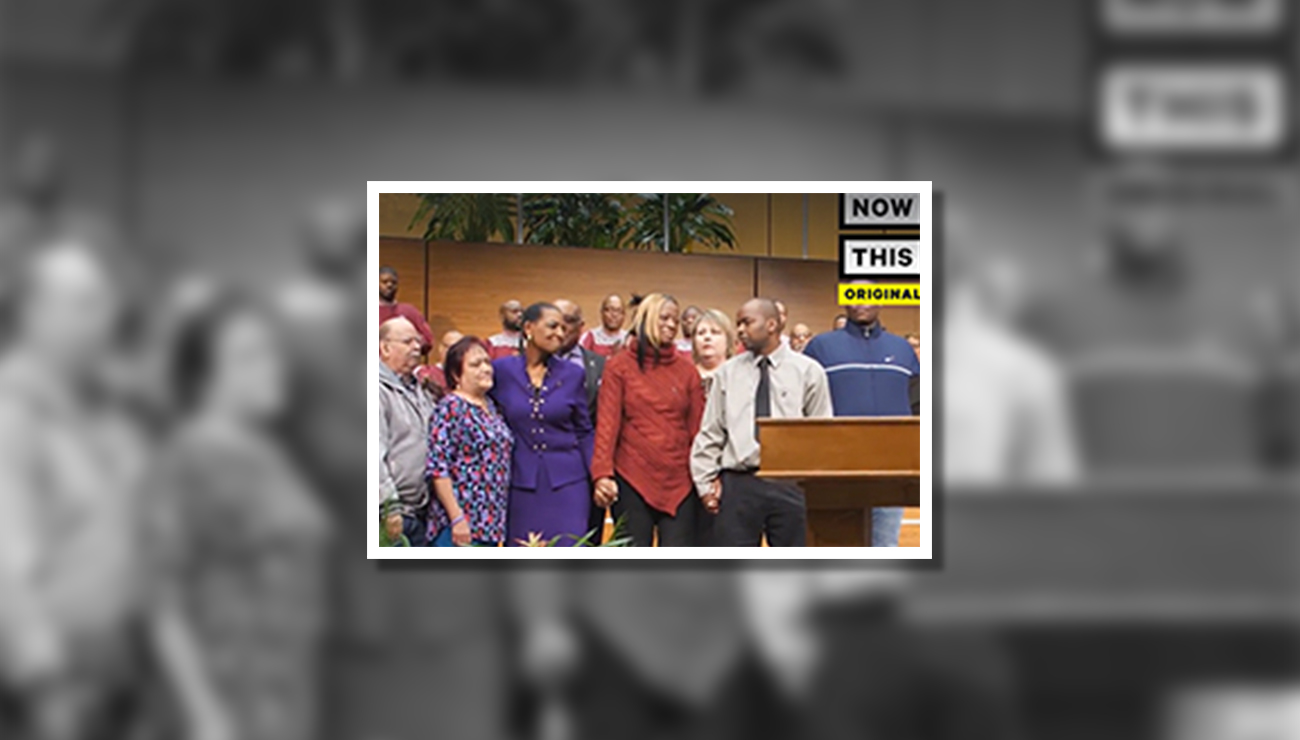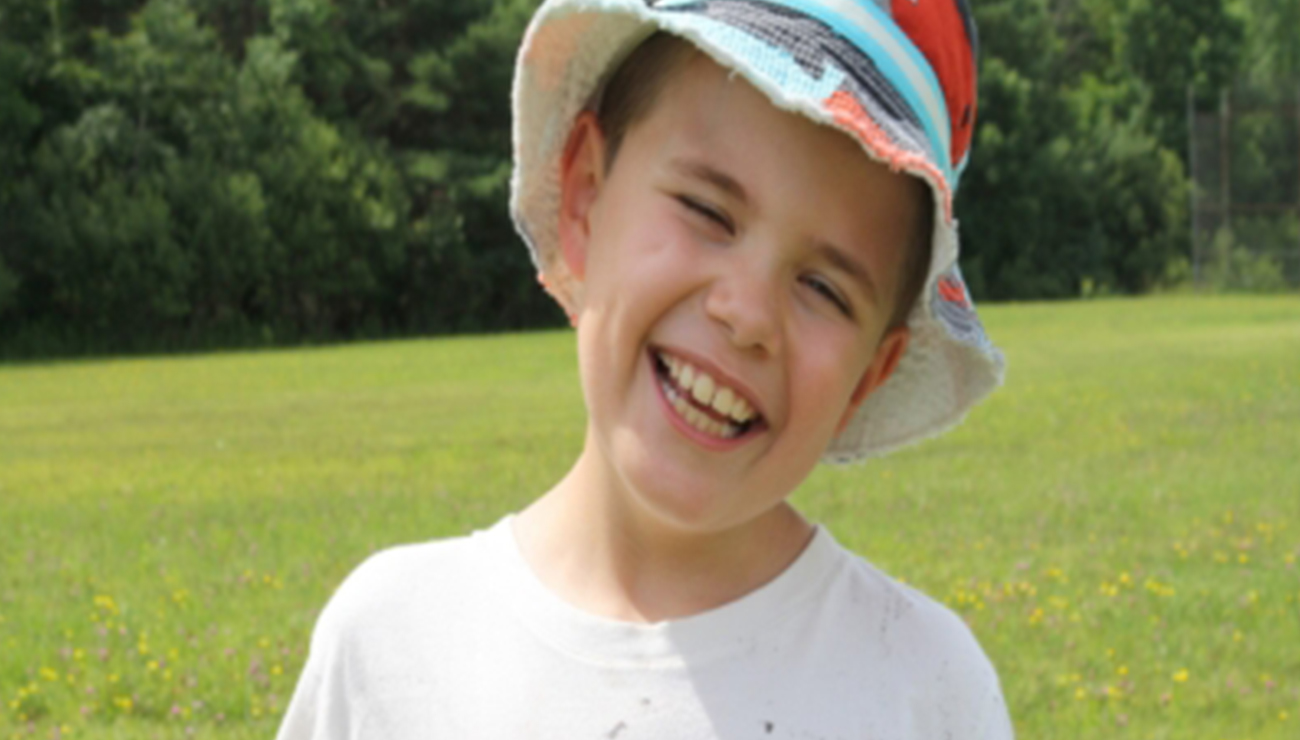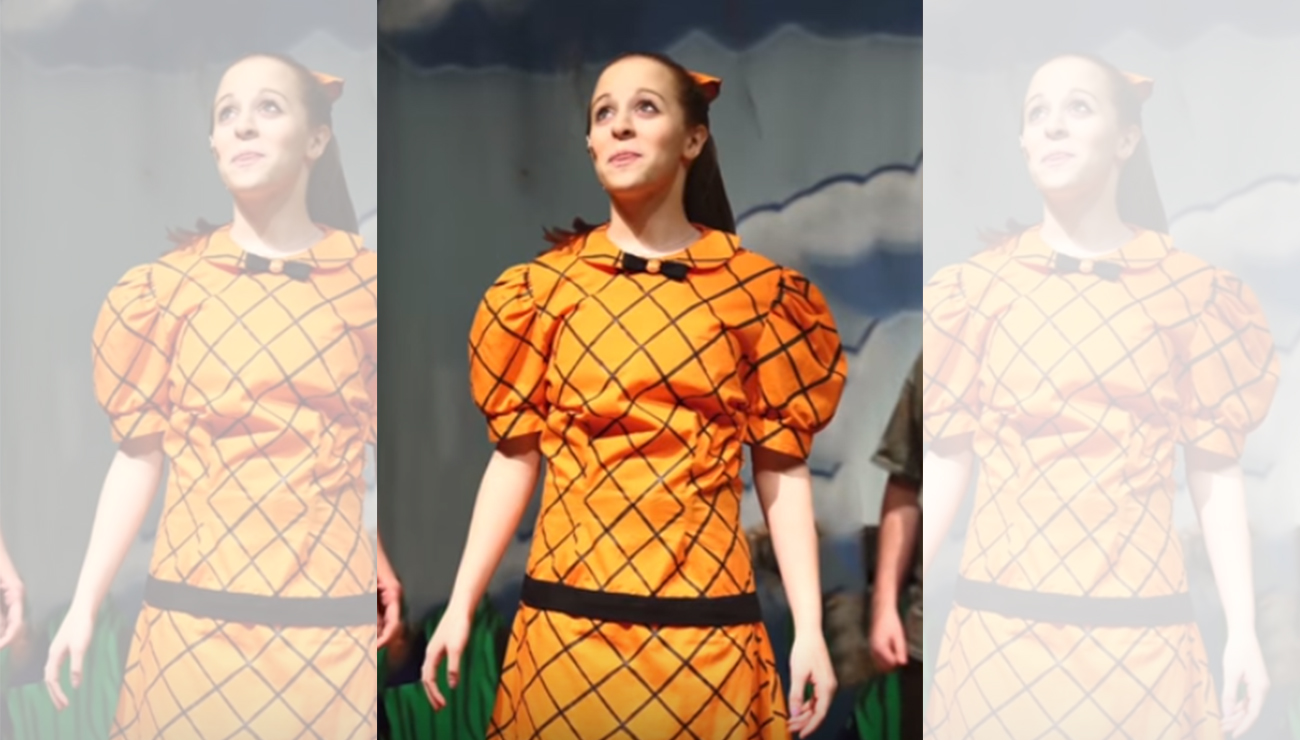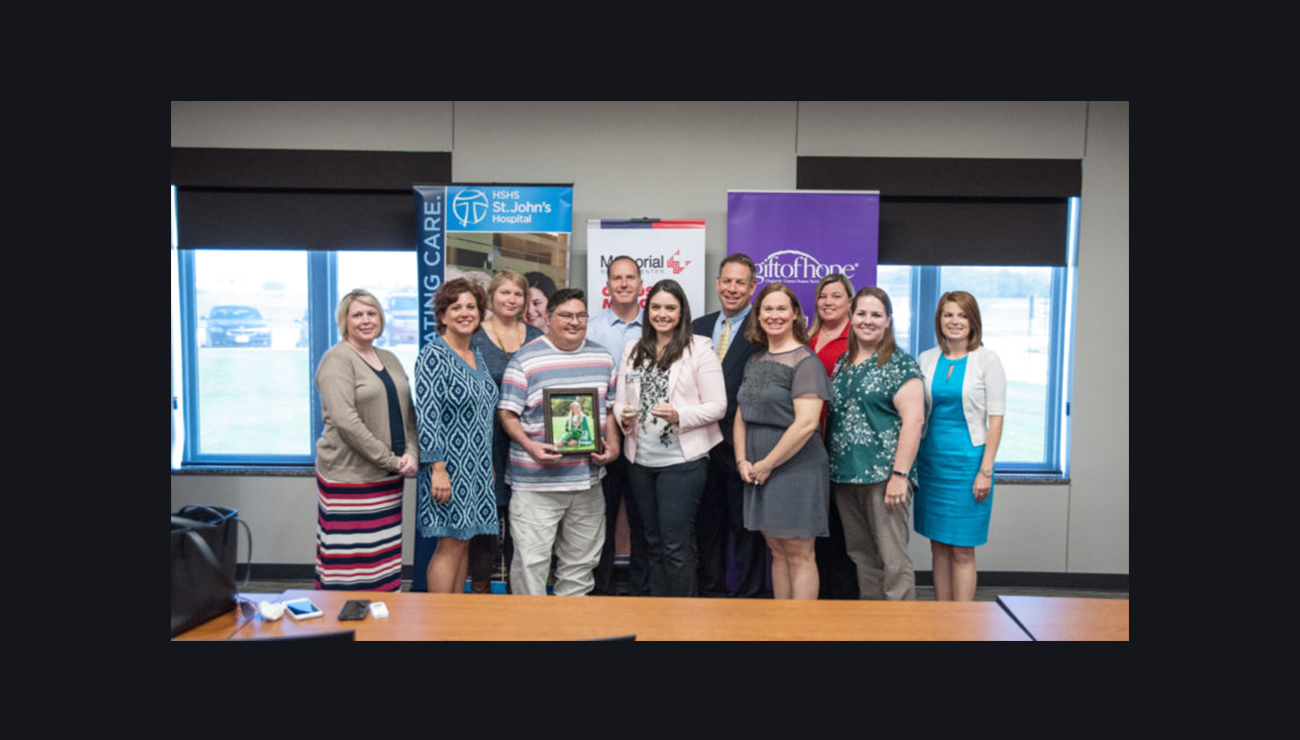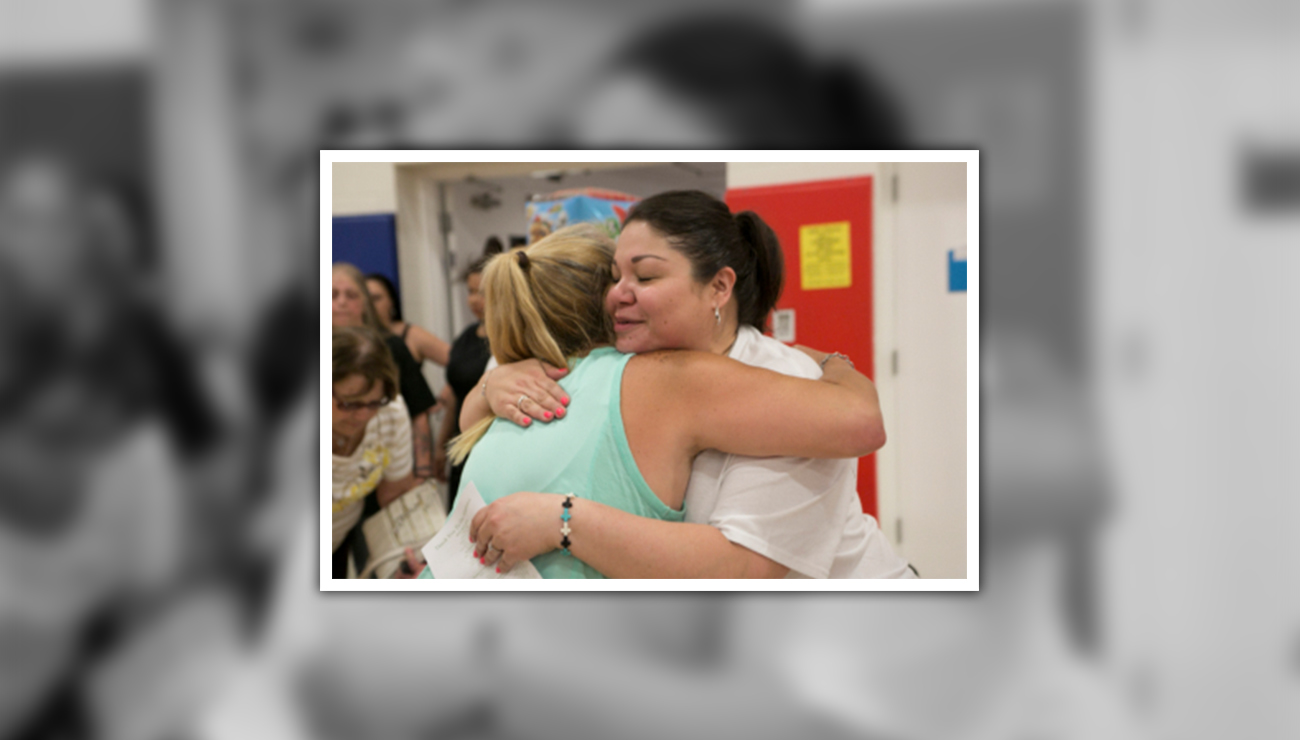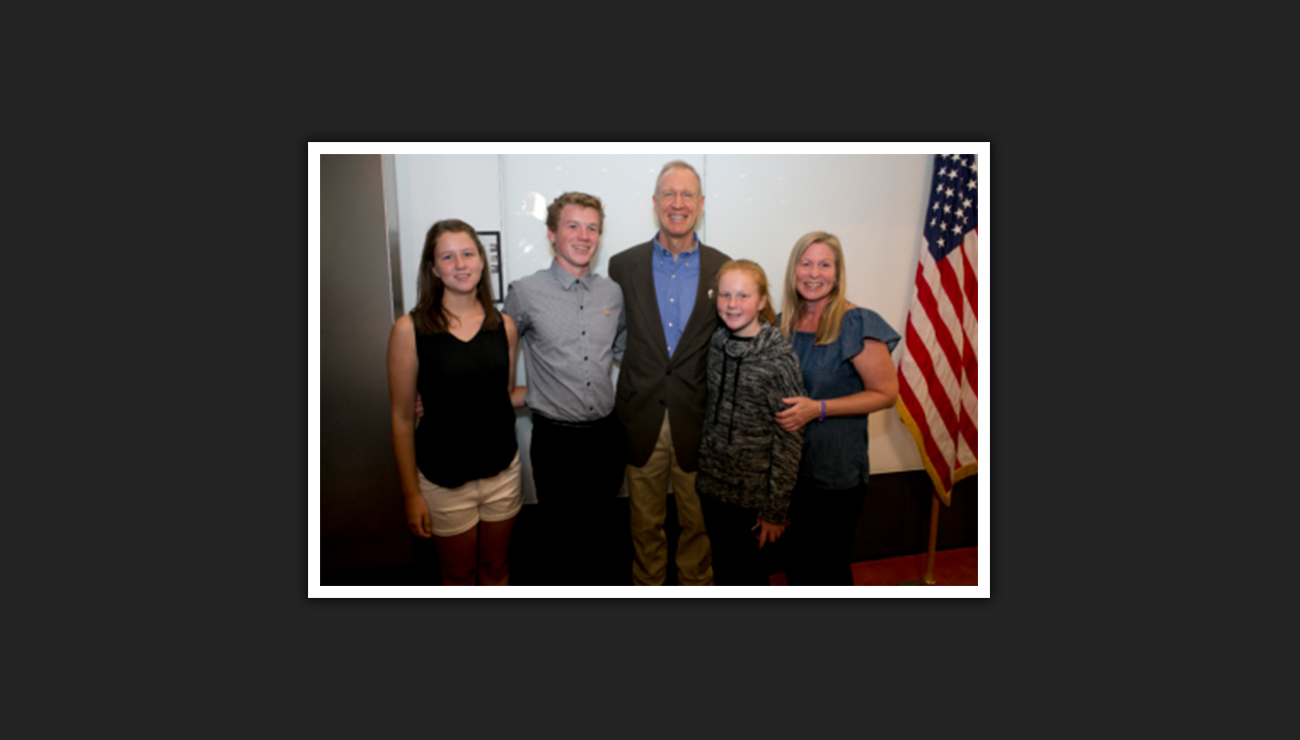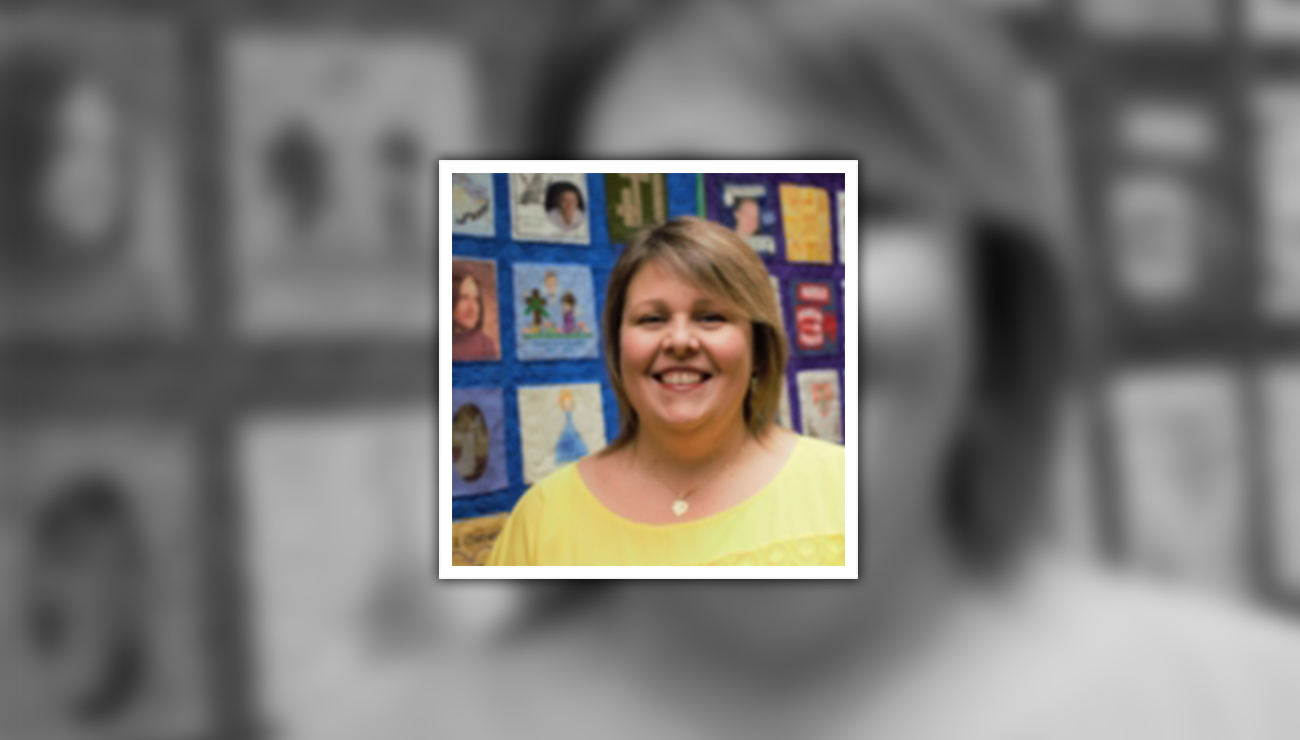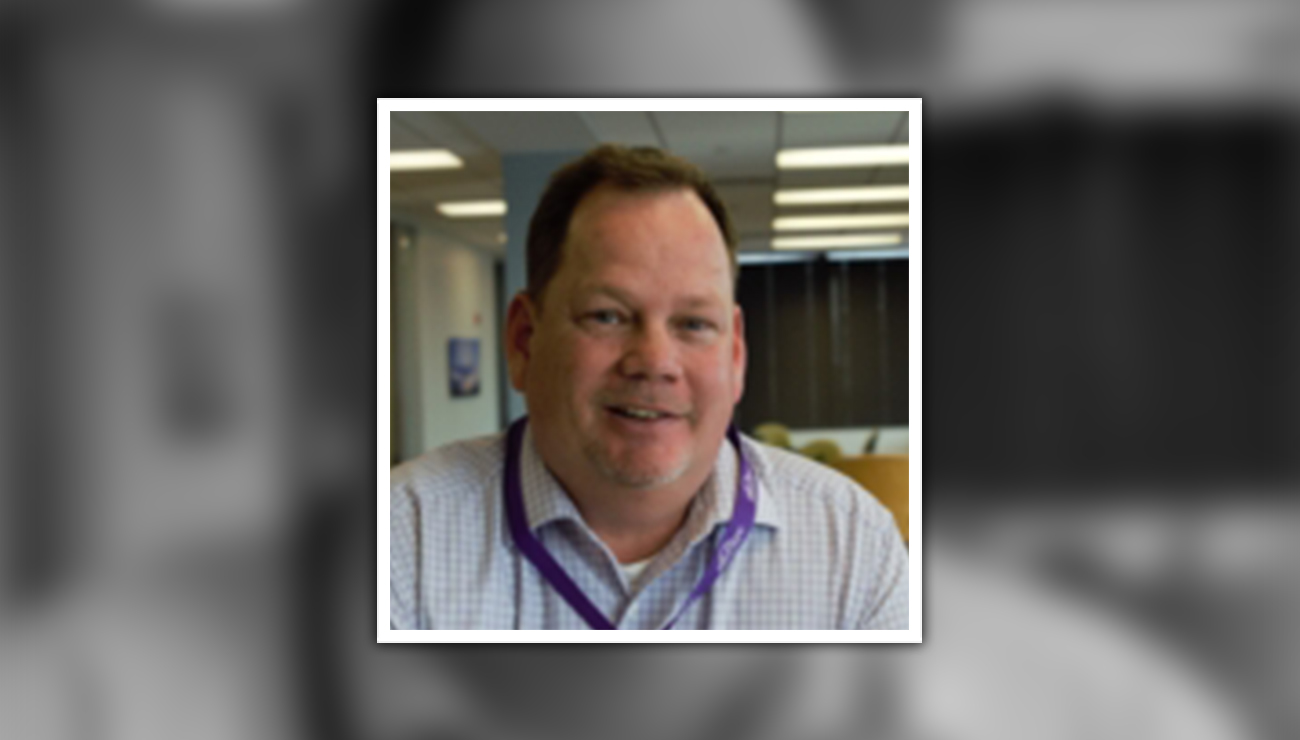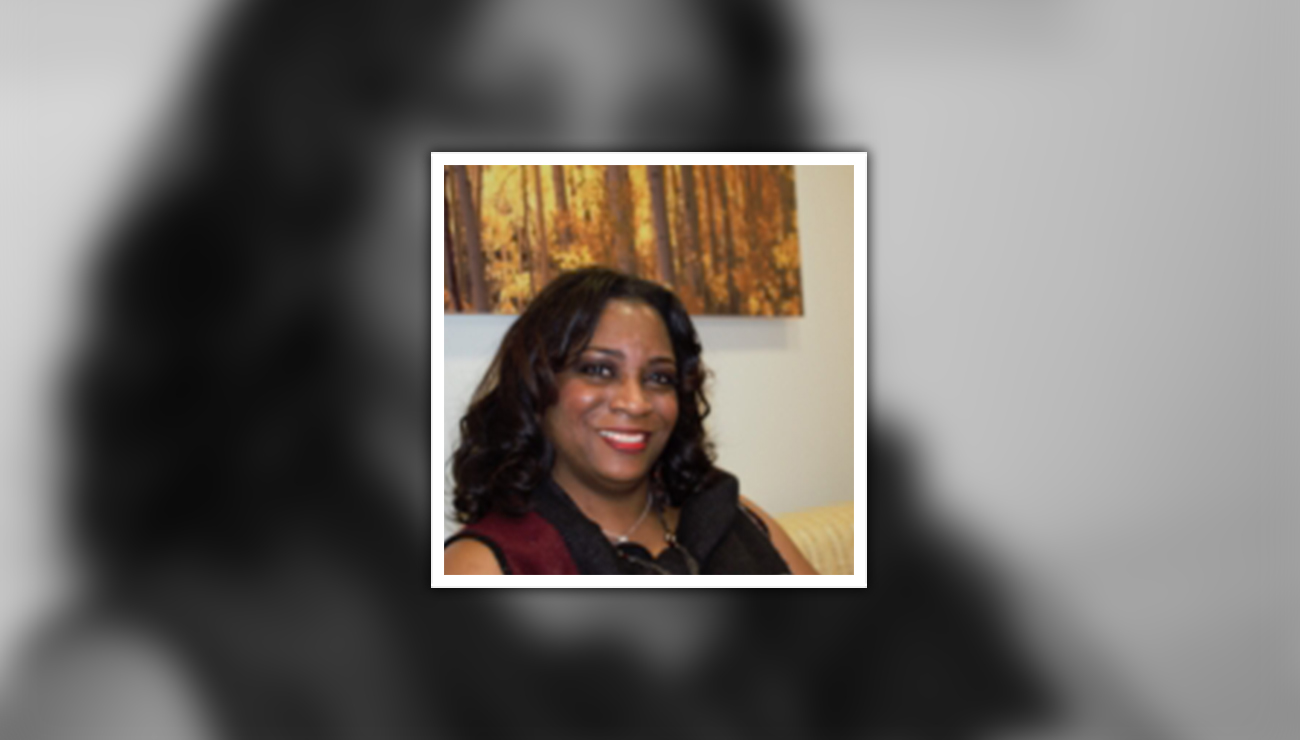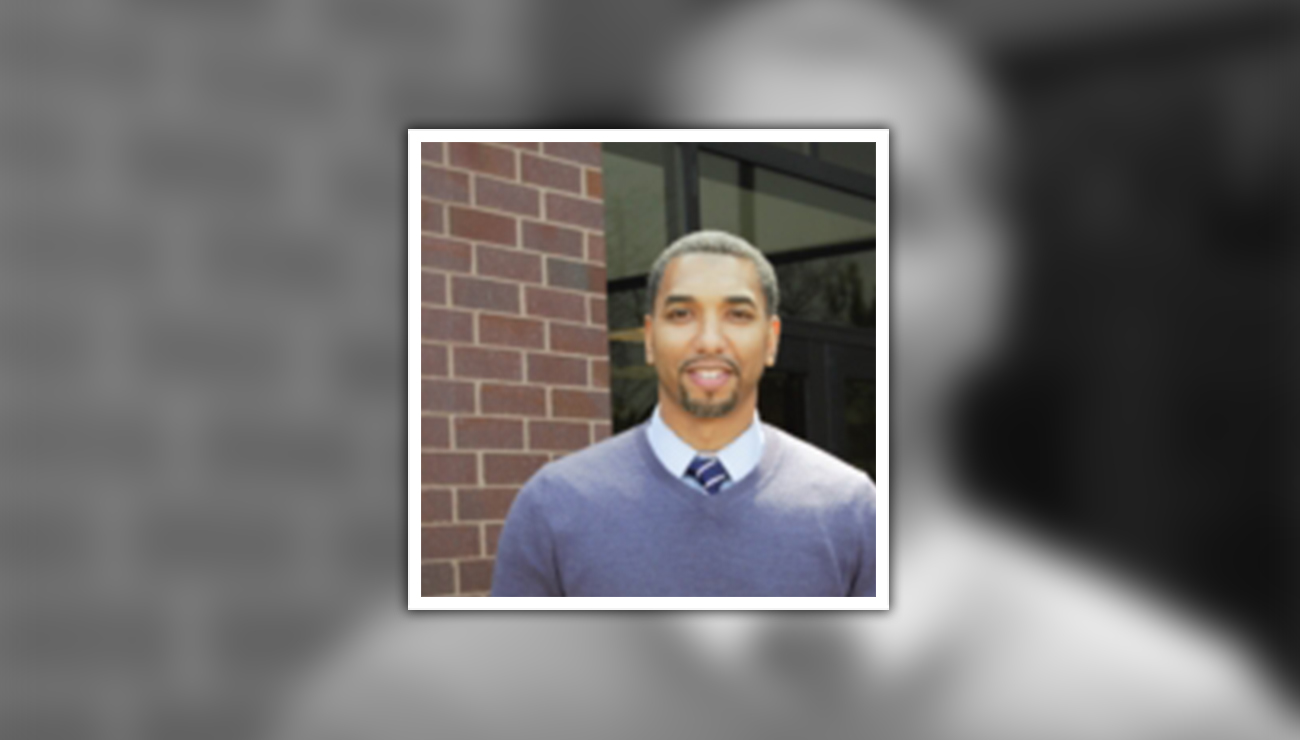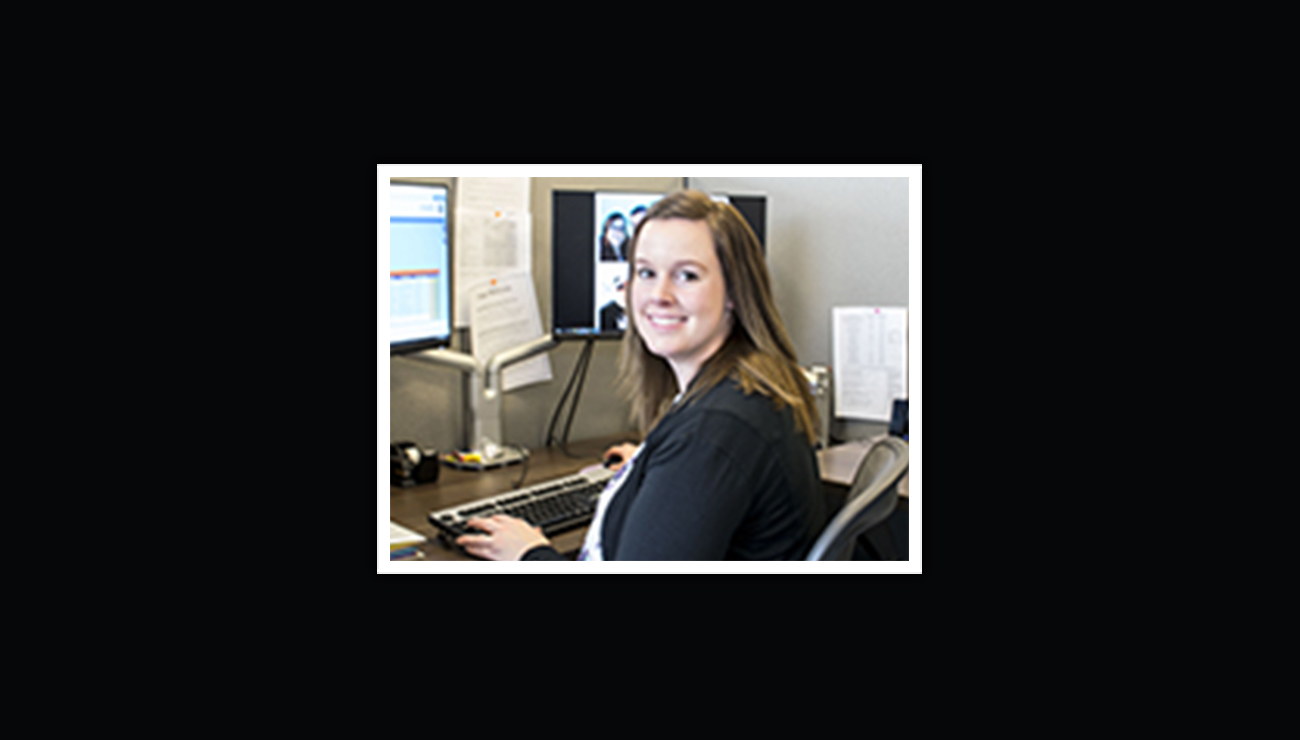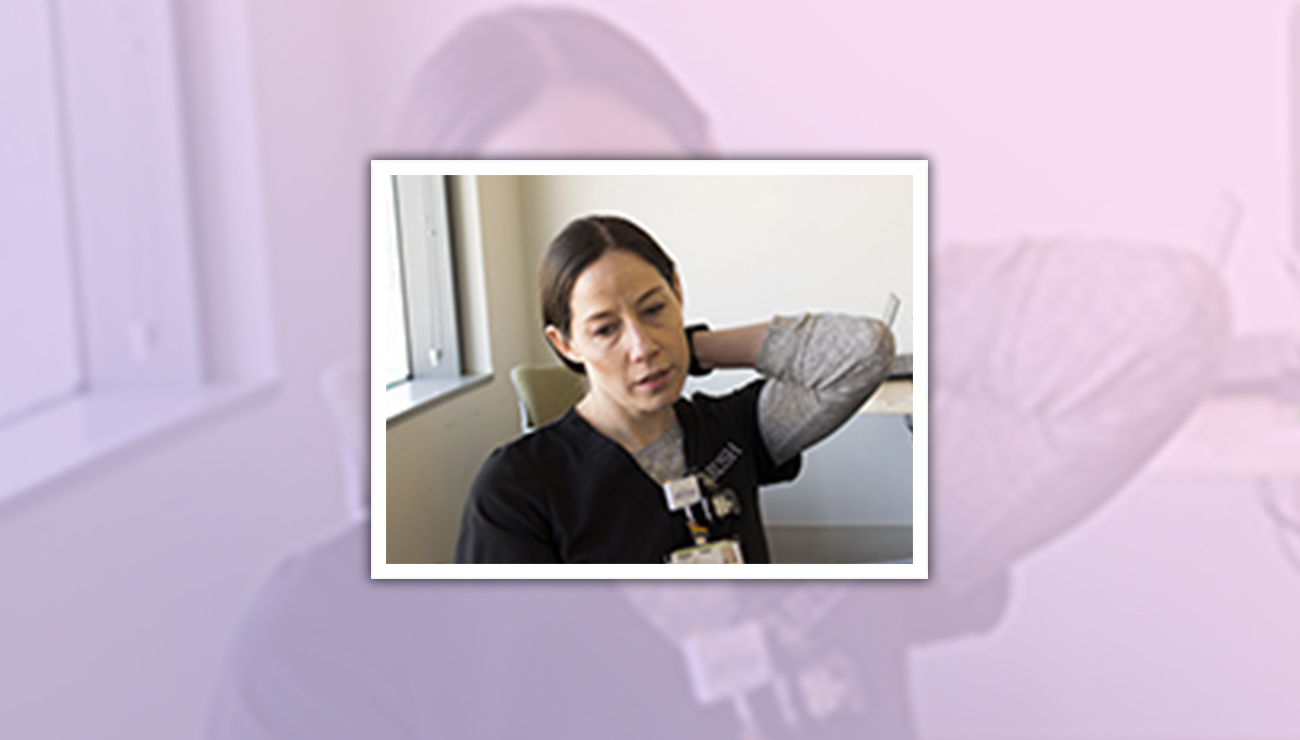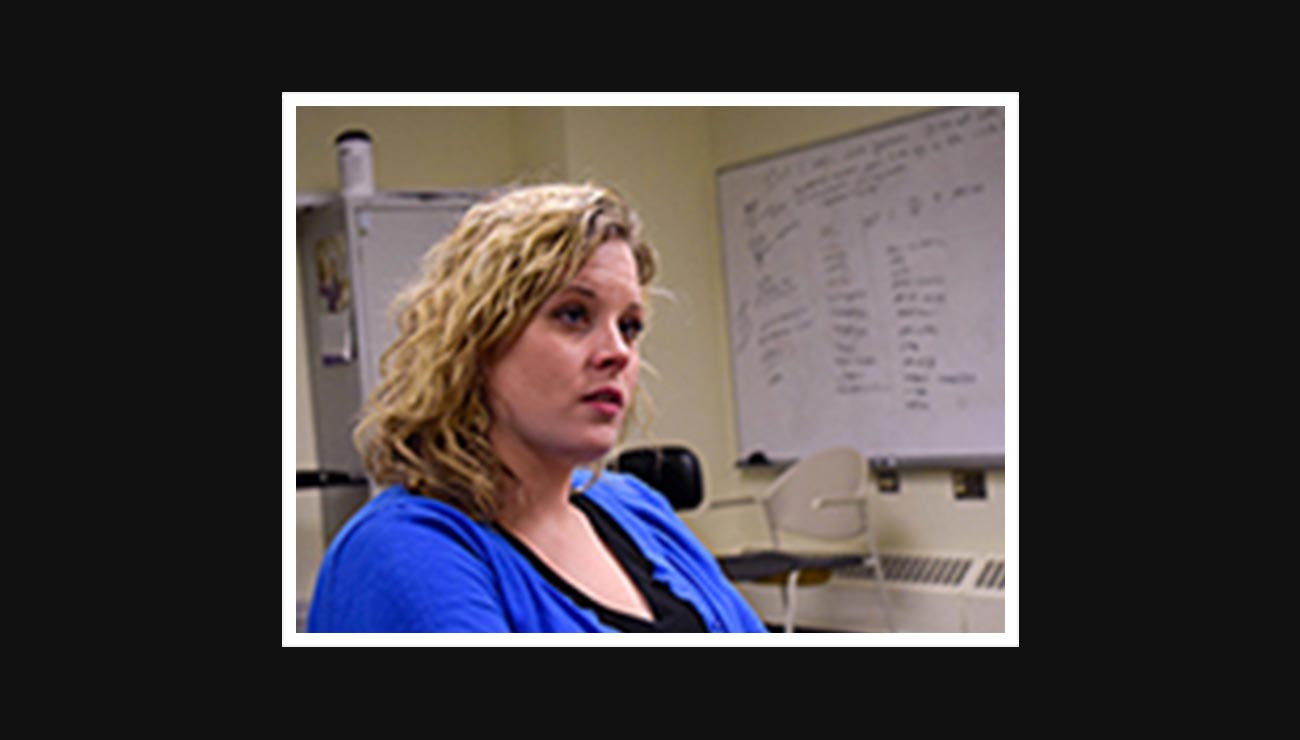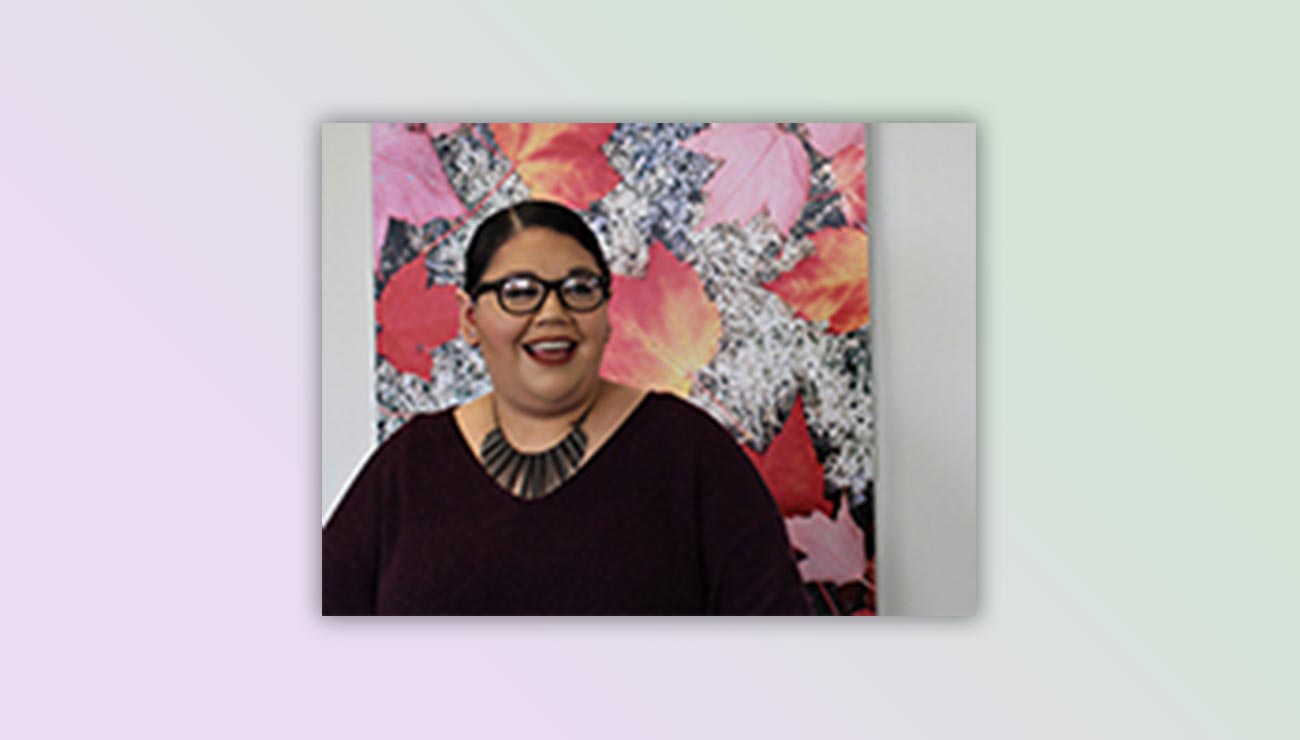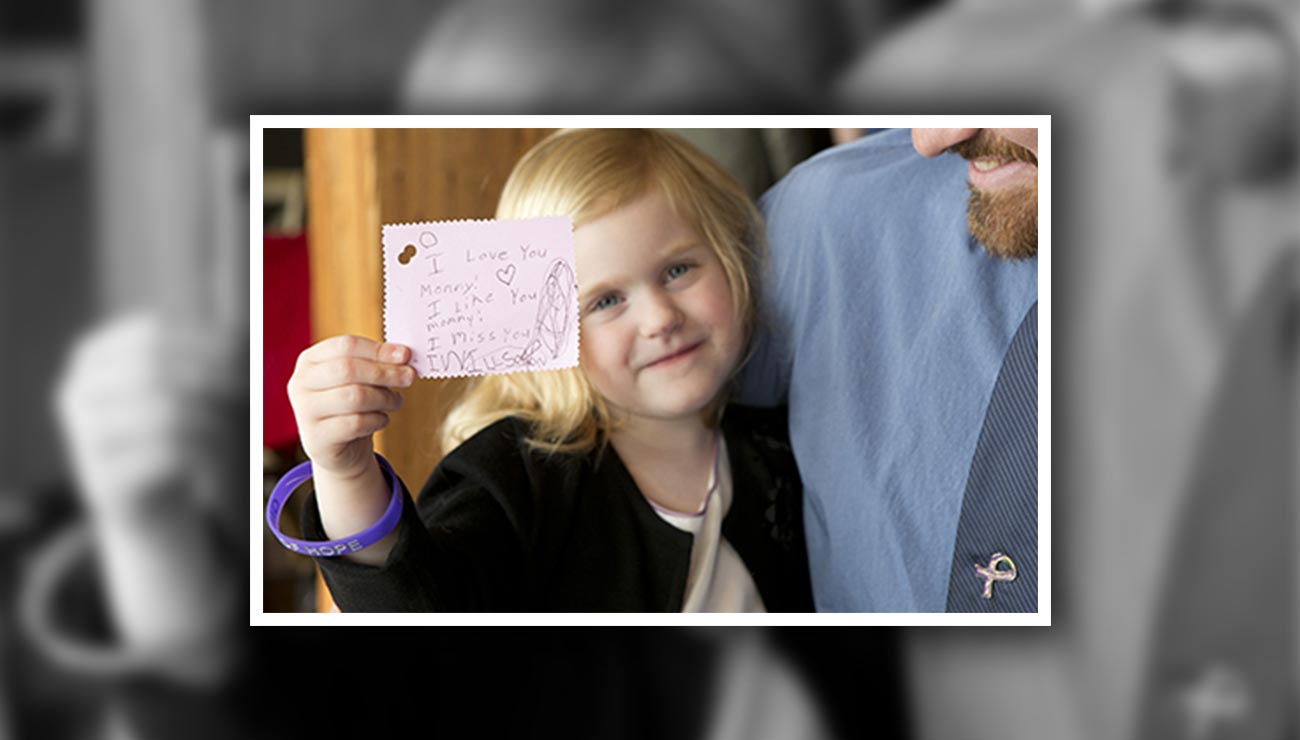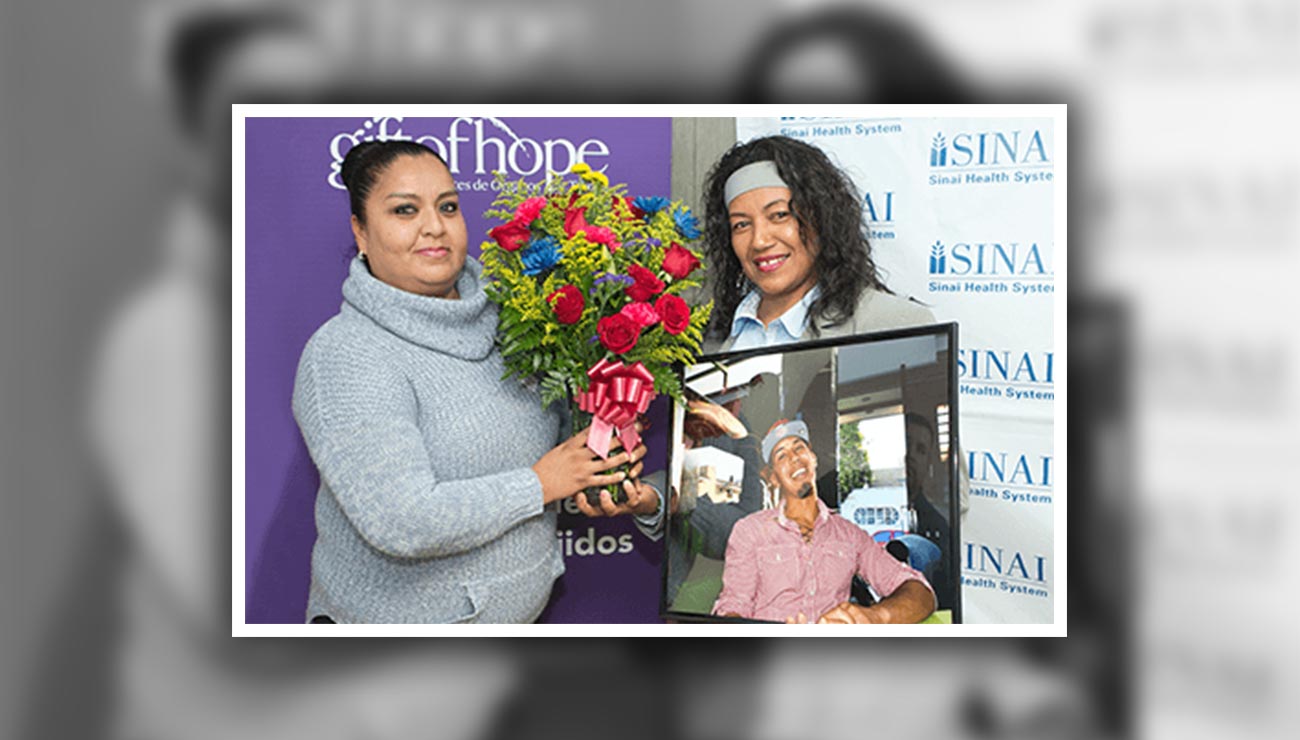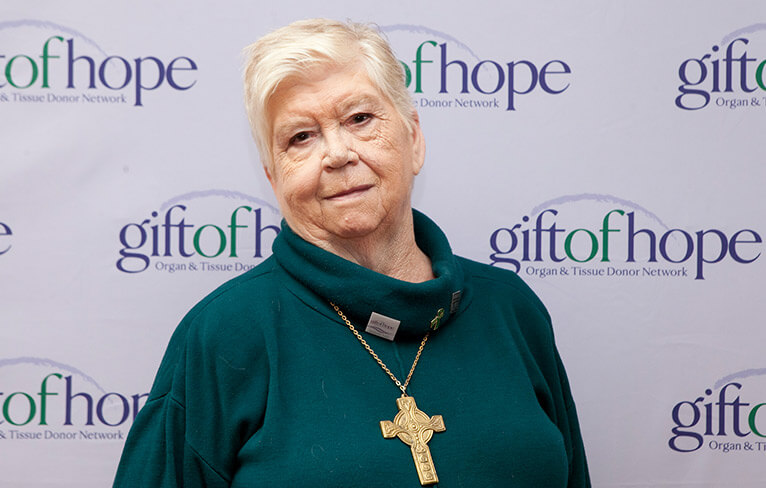“One thing I make sure donor families know is that we do genuinely care about them — we want their story to end well. And we can offer something that will help them heal: Through their grief, there’s something to look forward to. We offer hope, and we change the end of a tragic story.” — Cara Moulesong, Organ Recovery Coordinator at Gift of Hope
WHEN DESTINY CALLS
When she started college, Cara Moulesong never imagined that she would find her calling in organ and tissue donation. She’d planned to major in art, but destiny sent her down a far different path. “I am the daughter of an ER nurse,” she explained. “I grew up in the medical world and enjoyed visiting mom at the Level 1 trauma center where she worked. I was always impressed with my mom’s knowledge and confidence.”
This medical interest encouraged Cara to switch tracks from art to medicine, and she became a paramedic. Still, she knew little about organ and tissue donation until another unexpected change of course. As she was planning to further her medical education by applying to nursing school, Cara was offered the opportunity to work as an Organ Recovery Coordinator. She accepted and never looked back. “I found a home in this work,” she explained. “I have the capability of seeing beauty in death, because I have seen how something wonderful can come from something tragic.”
CLINICAL MANAGEMENT
Cara’s role as Organ Recovery Coordinator focuses on managing the clinical side of organ donation and this begins when a potential donor is referred to Gift of Hope’s Donor Resource Center. “All we get at first is a basic dispatch,” Cara explained. “The patient’s name and location.” Further information must be collected to decide if and how to proceed with the donation process. If a potential donor has registered in the Illinois Organ/Tissue Donor Registry, Organ Recovery Coordinators carefully analyze his/her medical chart. “It’s our job to look through the chart and see what kind of medical conditions exist in the patient that would prevent donation,” she explained. “We also evaluate what organs they are eligible to donate, should the patient become a donor.”
Once at the hospital, Organ Recovery Coordinators continue their evaluation by meeting with the potential donor’s care team to discuss next steps. If brain death has been declared, it is their job to contact a Donation Specialist to talk with the patient’s family about the opportunity to donate. Occasionally, Organ Recovery Coordinators must fill the role of Donation Specialists. “When a family is ready to speak about donation immediately, or if we’re out evaluating a donor and either the family decides to remove support right away or the doctor declares brain death, there may not be enough time to dispatch a Donation Specialist,” Cara said. “It’s about supporting the family how and when they need it.” Organ Recovery Coordinators are trained to talk with families, but their primary role remains the clinical management of each donation case. After a potential donor is declared dead by a physician and first-person or family authorization has been confirmed, Organ Recovery Coordinators oversee blood testing, scans, ventilation and medication management of the donor to evaluate which organs can be donated, improve organ function and ensure that they remain healthy until transplantation.
HOPE IN HUMANITY
Just how deeply Cara cares about her work became clear when she tried to take a break after seven years of organ recovery coordination. She couldn’t stay away for more than five months. “It felt like separation anxiety,” she said. “I think a lot of our staff would agree with me that this is a job unlike any other. We feel like we’re truly making a difference. We’re advocating for the donor families. We’re also fighting for recipients, even though we don’t get to meet many of them. We want them to be able to watch their children grow up, be at their weddings, and enjoy life.”
Cara’s work is not only life-saving for others, but life-giving for her as well. “Every day unique. I feel that when you turn on the TV and watch the news all you hear is negativity. Working as an Organ Recovery Coordinator has given me a real glimpse of the goodness in people. Donor families don’t know who they’ll be helping, but in their time of grief they’re willing to help others. That is amazing to me. We offer hope, and we change the end of a tragic story. But ultimately these families give me back something even greater — hope in humanity. That’s why when I left I had to come back. This is my calling; it’s a huge part of who I am.”

